In today’s digital landscape, ensuring robust network security is paramount to safeguard sensitive information from cyber threats. One essential practice in achieving this is conducting regular network security audits. This blog will provide an in-depth understanding of network security audits, their significance, key considerations during the audit, the audit process, the professionals involved, cost implications, and the tools employed.
What is a Security Audit?
A security audit is a systematic evaluation of an organization’s security measures, policies, and procedures. Its purpose is to identify vulnerabilities and weaknesses in the network infrastructure, offering recommendations for improvement. By assessing the overall security posture, businesses can proactively identify potential risks and fortify their defenses. Security audits encompass various aspects, including physical security, access controls, data protection measures, and incident response procedures
What is an External Network Security Audit?
An External network security audit focuses specifically on assessing the security of an organization’s network infrastructure, including hardware, software, and data transmission. It involves examining network configurations, access controls, and monitoring mechanisms to identify potential risks and vulnerabilities. Network security audits provide insights into the effectiveness of security controls, such as firewalls, intrusion detection systems (IDS), virtual private networks (VPNs), and network segmentation. These audits also assess the resilience of the network against Distributed Denial of Service (DDoS) attacks and the effectiveness of encryption protocols used for data protection during transmission.
Understanding External Network Security Audits
External network security audits involve comprehensive assessments conducted by independent experts or specialized firms to evaluate an organization’s network infrastructure, systems, and applications from an external perspective. The purpose is to identify vulnerabilities, weaknesses, and potential entry points that malicious actors could exploit to gain unauthorized access or compromise data.
Are External Network Security Audits Important?
Yes, External Network security audit holds significant importance for several reasons:
| Benefits | Description |
| Identifying Vulnerabilities | External network security audits meticulously analyze an organization’s external-facing assets, including routers, firewalls, web applications, and remote access applications. |
| Assessing Security Controls | An external network security audit evaluates the effectiveness of existing security controls and measures implemented within an organization’s network infrastructure. By reviewing policies, configurations, and access controls, auditors can identify any misconfigurations or gaps in security practices. |
| Detecting Intrusion Attempts | External network security audits often include penetration testing, where auditors simulate real-world attacks to assess the resilience of an organization’s defenses |
| Regulatory Compliance | External network security audits help organizations evaluate their compliance with these regulations, such as the General Data Protection Regulation (GDPR), Payment Card Industry Data Security Standard (PCI DSS), or the Health Insurance Portability and Accountability Act (HIPAA). |
| Enhanced Incident Response | By conducting external network security audits, organizations can gain insights into their incident response capabilities. Auditors may evaluate the organization’s ability to detect and respond to security incidents promptly, including the effectiveness of monitoring tools, incident management processes, and incident response plans. |
Things to check while performing External Network Security Audit
When conducting a network security audit, it is crucial to focus on the following areas:
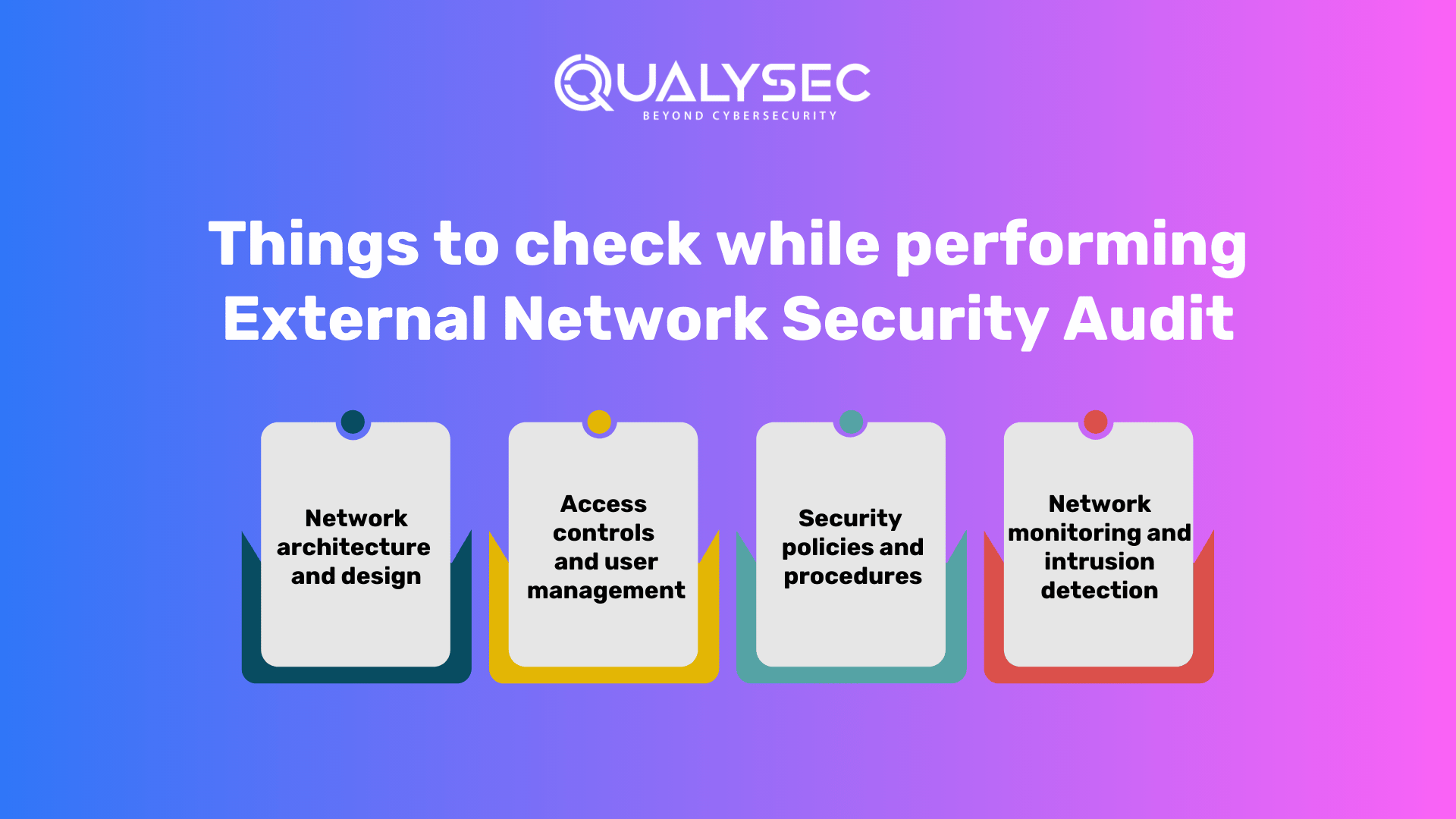
- Network architecture and design: Assessing the overall network structure and design for potential vulnerabilities, including proper segmentation and isolation of sensitive data and critical network components.
- Access controls and user management: Reviewing user access rights, permissions, and authentication mechanisms to ensure proper enforcement and prevent unauthorized access.
- Security policies and procedures: Evaluating the effectiveness of security policies, procedures, and guidelines in place, including incident response plans, change management processes, and employee security awareness programs.
- Network monitoring and intrusion detection: Assessing the effectiveness of network monitoring tools and intrusion detection systems to identify and respond to potential threats promptly. This includes reviewing log files, analyzing network traffic patterns, and setting up alerts for suspicious activities.
Who performs an External Network Security Audit?
Network security audits are typically conducted by certified professionals with expertise in cybersecurity, such as ethical hackers, IT security consultants, or internal security teams. These professionals namely the external auditors bring a fresh perspective and expertise from working with multiple organizations, while internal auditors have a deep understanding of the organization’s infrastructure and policies. Collaborating with external auditors can provide valuable insights, industry best practices, and benchmarking opportunities. It is essential to select auditors with relevant certifications like Certified Ethical Hacker (CEH), Certified Information Systems Security Professional (CISSP), or Certified Information Security Manager (CISM).
How much does an External Network Security Audit Cost?
The cost can range from a few thousand dollars for a basic audit of a small network. Maybe tens or hundreds of thousands of dollars for comprehensive assessments of large and complex networks. Factors influencing the cost include the number of systems, devices, and network segments. They need to be audited, the level of testing and analysis required, and the duration of the audit process. Additionally, if specialized tools or advanced techniques like penetration testing or red teaming are employed, the cost may increase.
Organizations should consider the potential financial and reputational damage caused by a security breach when evaluating the cost of a network security audit. It is crucial to strike a balance between the budget allocated for security measures and the level of assurance and risk mitigation desired.
Qualysec, the Perfect Solution
Qualysec is a cybersecurity company specializing in providing VAPT services to organizations of all sizes. They have a team of highly skilled and certified security professionals who use the latest tools and techniques to identify vulnerabilities in your network and system infrastructure. Their VAPT services include both automated and manual testing, ensuring that all potential vulnerabilities are thoroughly identified.
They work closely with organizations to understand their unique needs. Qualysec offers various services which include:
- Web App Pentesting
- Mobile App Pentesting
- API Pentesting
- Cloud Security Pentesting
- IoT Device Pentesting
- AI /ML Pen-testing
The solutions offered by Qualysec are particularly beneficial for businesses that must adhere to industry rules or prove their dedication to security to clients and partners. So, by opting for Qualysec as a web application penetration testing service provider, businesses can ensure the safety of their web applications.
Hence, choose Qualysec for the best External Network Security Audit. With the best External Network Audit you can make informed decisions and understand the various factors that impact the cost. Hence, protect your assets and enhance your security posture by choosing us.
Why Qualysec is the best?
Here is why, Qualysec is the best:
- Comprehensive vulnerability scanner that evolves to meet pentest demands
- Detects vulnerabilities through over 3,000 tests
- Benchmarks cloud security against NIST, OWASP, and CIS standards
- Ensures compliance with major security regulations and laws including SOC 2, ISO 27001, GDPR, HIPAA, and PCI-DSS
- Gap Analysis identifies areas of security and performance that need attention
- Rescan capabilities verify the patching of vulnerabilities
- Prioritizes vulnerability fixes based on severity and ROI
- Enables seamless collaboration with development teams to resolve issues
- Detailed reports with actionable recommendations and POC videos facilitate effective patching
- Detects business logic errors and security gaps
- Ensures zero false positives through thorough vetting of vulnerabilities
- Provides a publicly verifiable certificate upon completion of vulnerability remediation and retesting
Conclusion
Regular External network security audits are vital for organizations to protect their critical assets, mitigate risks, and ensure compliance with industry regulations. By assessing network infrastructure, identifying vulnerabilities, and implementing appropriate security measures, businesses can proactively enhance their security posture and stay one step ahead of cyber threats. Engaging qualified professionals, considering cost factors, and utilizing reliable security audit tools ensure a thorough and effective audit process. Prioritizing network security audits is a proactive step towards safeguarding your business in today’s ever-evolving threat landscape.
Check out why it is important to explore and know what is External Vulnerability Assessment.
Furthermore, Qualysec is among the best Network Security Audits provider. Hence, their comprehensive approach, commitment to customer service, and competitive pricing make them the go-to choice for businesses. Wishing to know more, talk to our Experts and fill out your requirements.
Frequently Asked Questions
Q. What is an External network security audit?
Ans. An External network security audit is a comprehensive assessment of an organization’s network infrastructure, systems, and protocols to identify vulnerabilities, assess security measures, and recommend improvements.
Q. Why is an External network security audit important?
Ans. External Network security audits are crucial for several reasons:
- Identifying vulnerabilities
- Ensuring compliance
- Enhancing security posture
- Mitigating risks
- Safeguarding reputation
Q. Who should conduct an External network security audit?
Ans. Certified professionals with expertise in cybersecurity typically perform network security audits. These professionals can be internal resources, such as in-house security teams, or external consultants specialized in network security assessments.
Q. What are the key steps involved in an External network security audit?
Ans. The steps in an External network security audit may include:
- Gathering network infrastructure information
- Assessing network architecture and design
- Reviewing access controls and user management
- Evaluating security policies and procedures
Q. How long does an External network security audit typically take?
Ans. The duration of an external network security audit depends on various factors. These include the size and complexity of the network, the scope of the audit, and the depth of analysis required. A basic audit of a small network might take a few days, while a comprehensive assessment of a large and complex network could take weeks or even months.









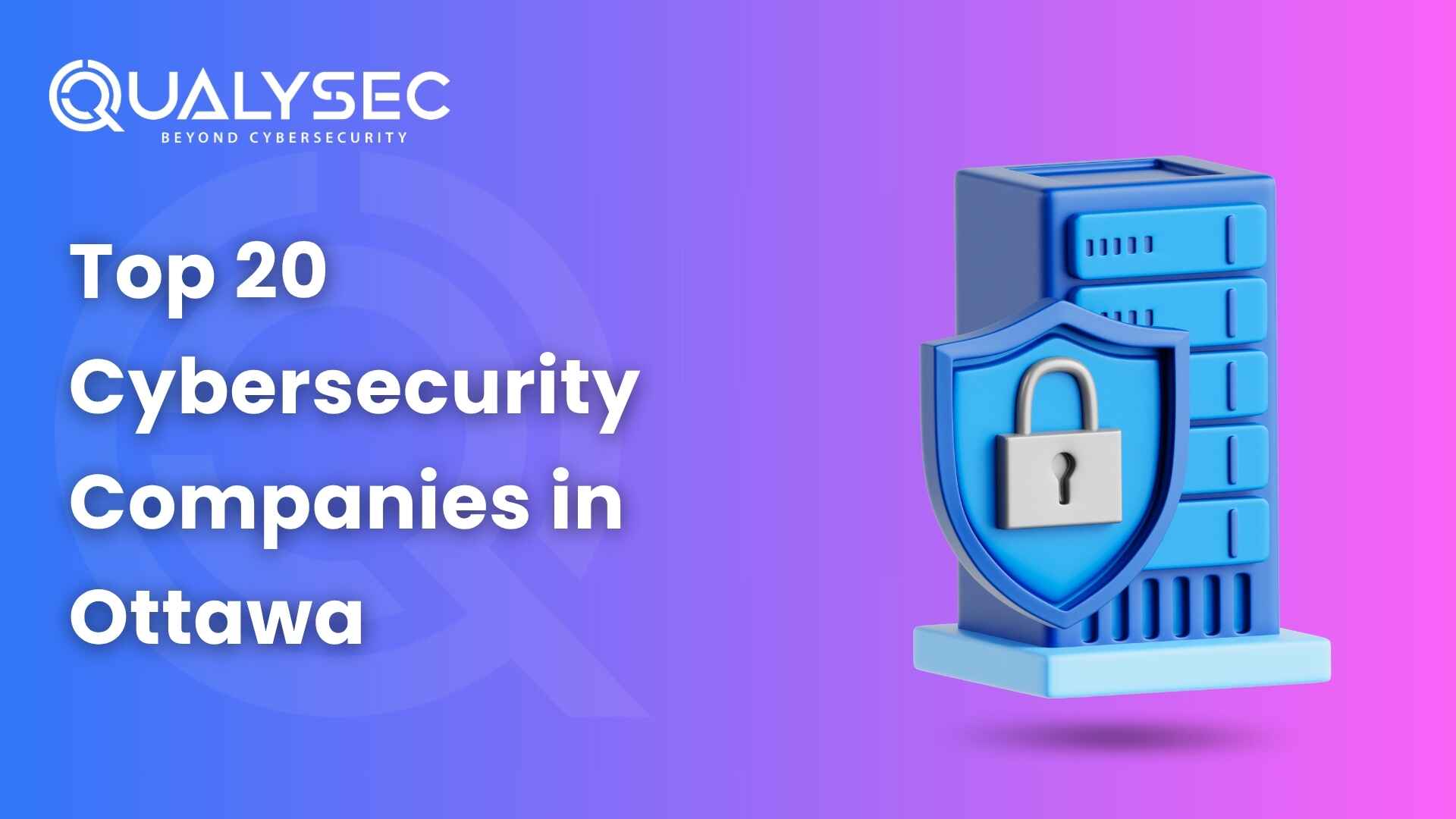
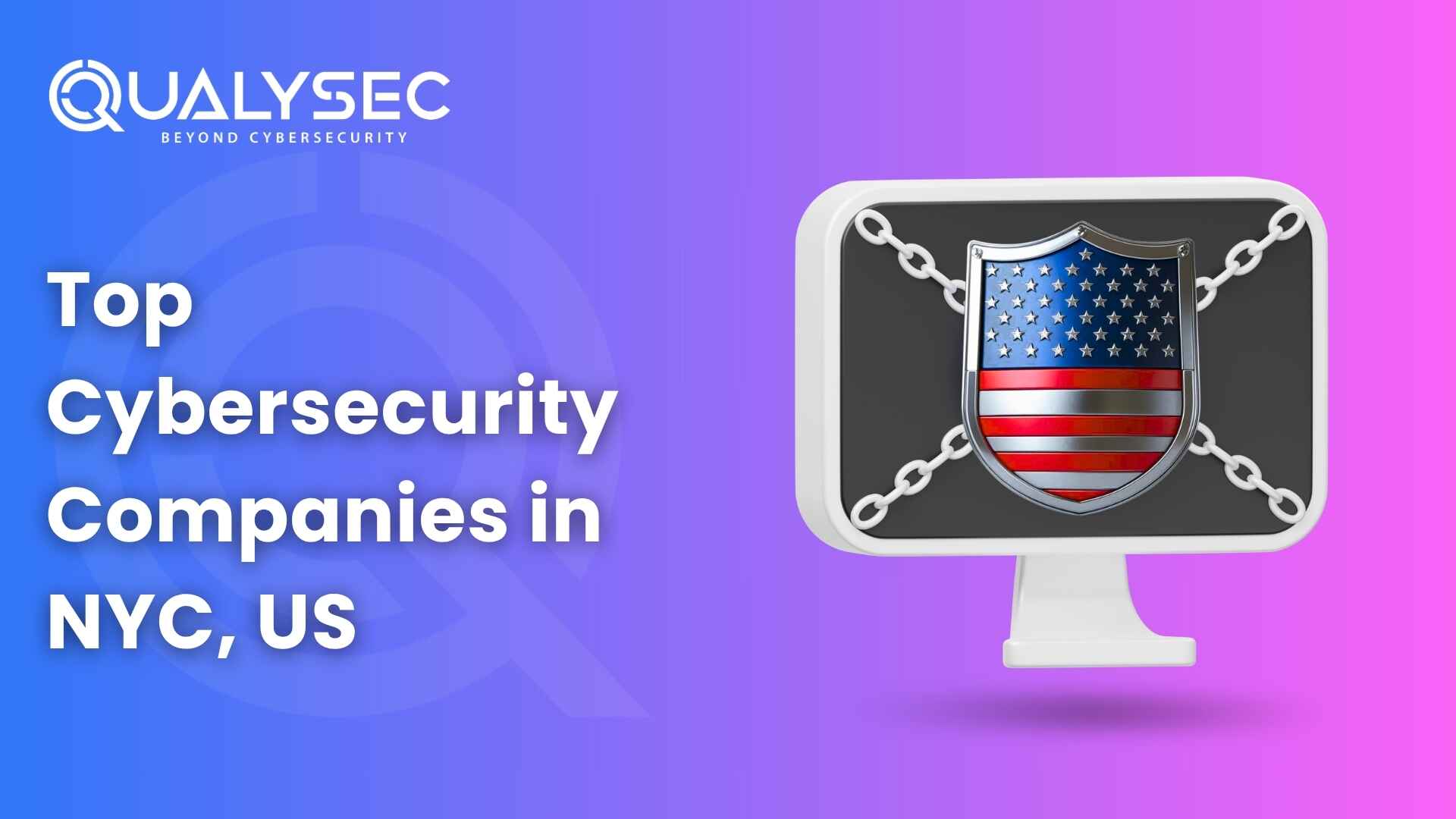
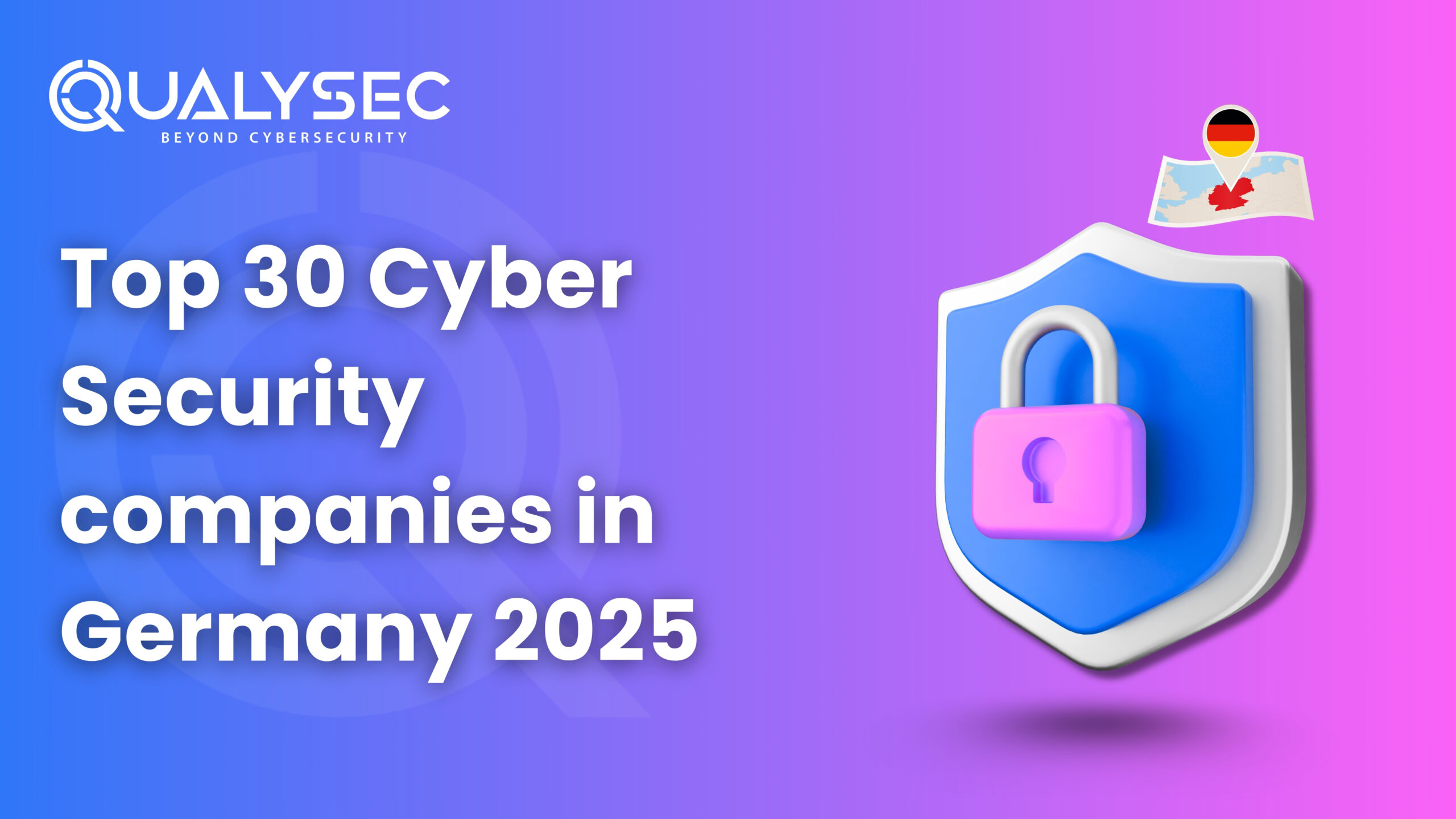
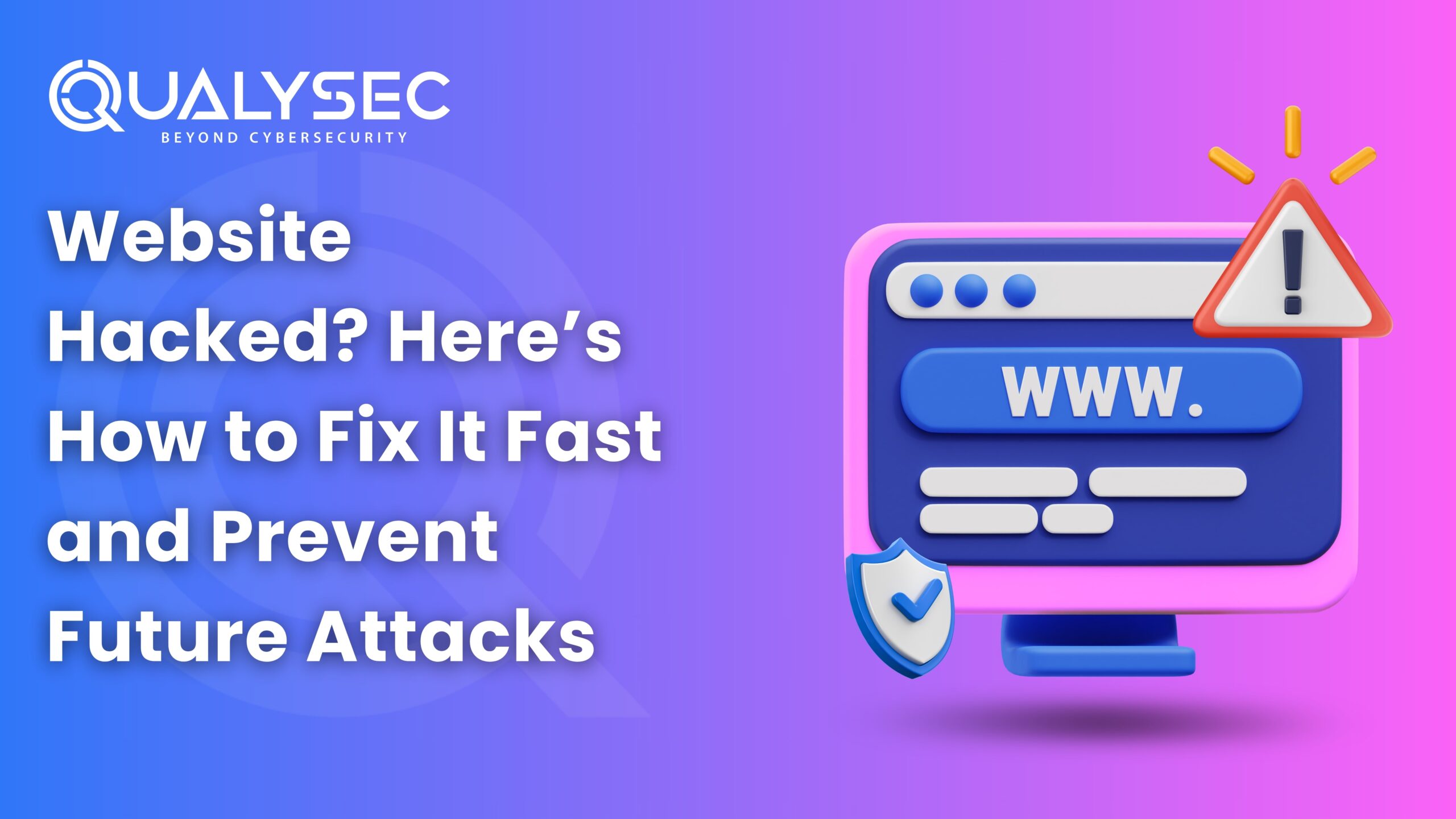
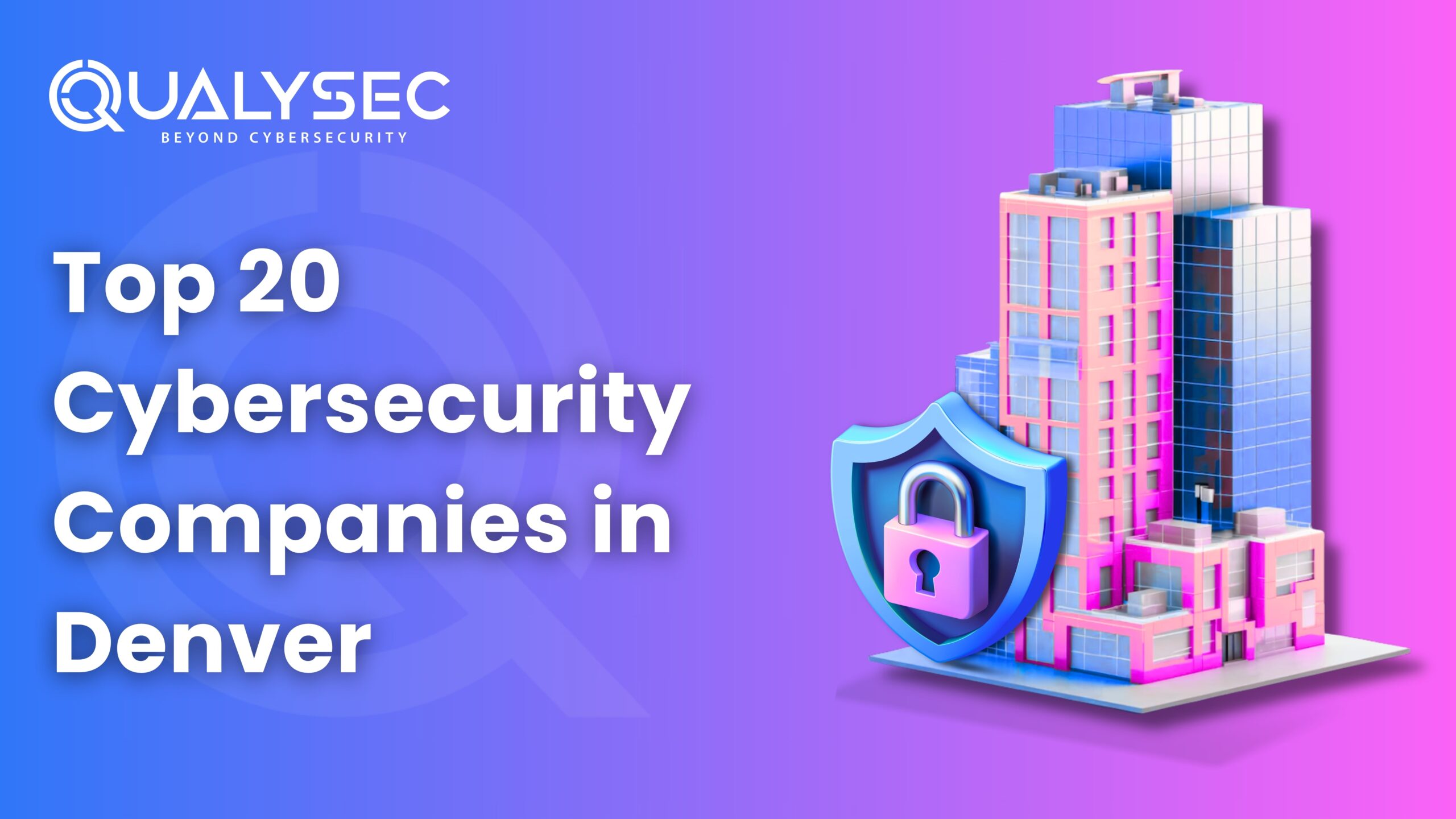
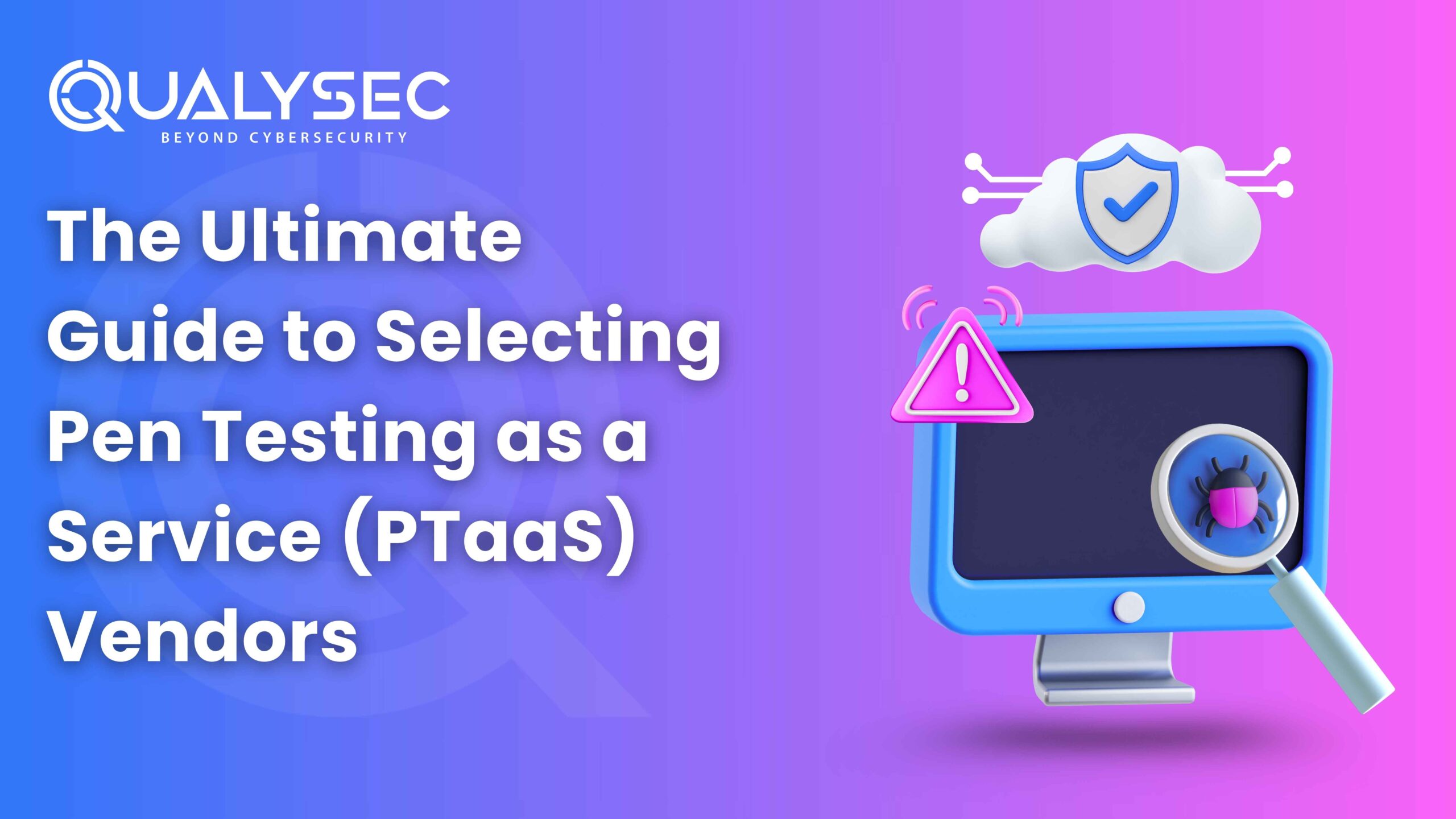
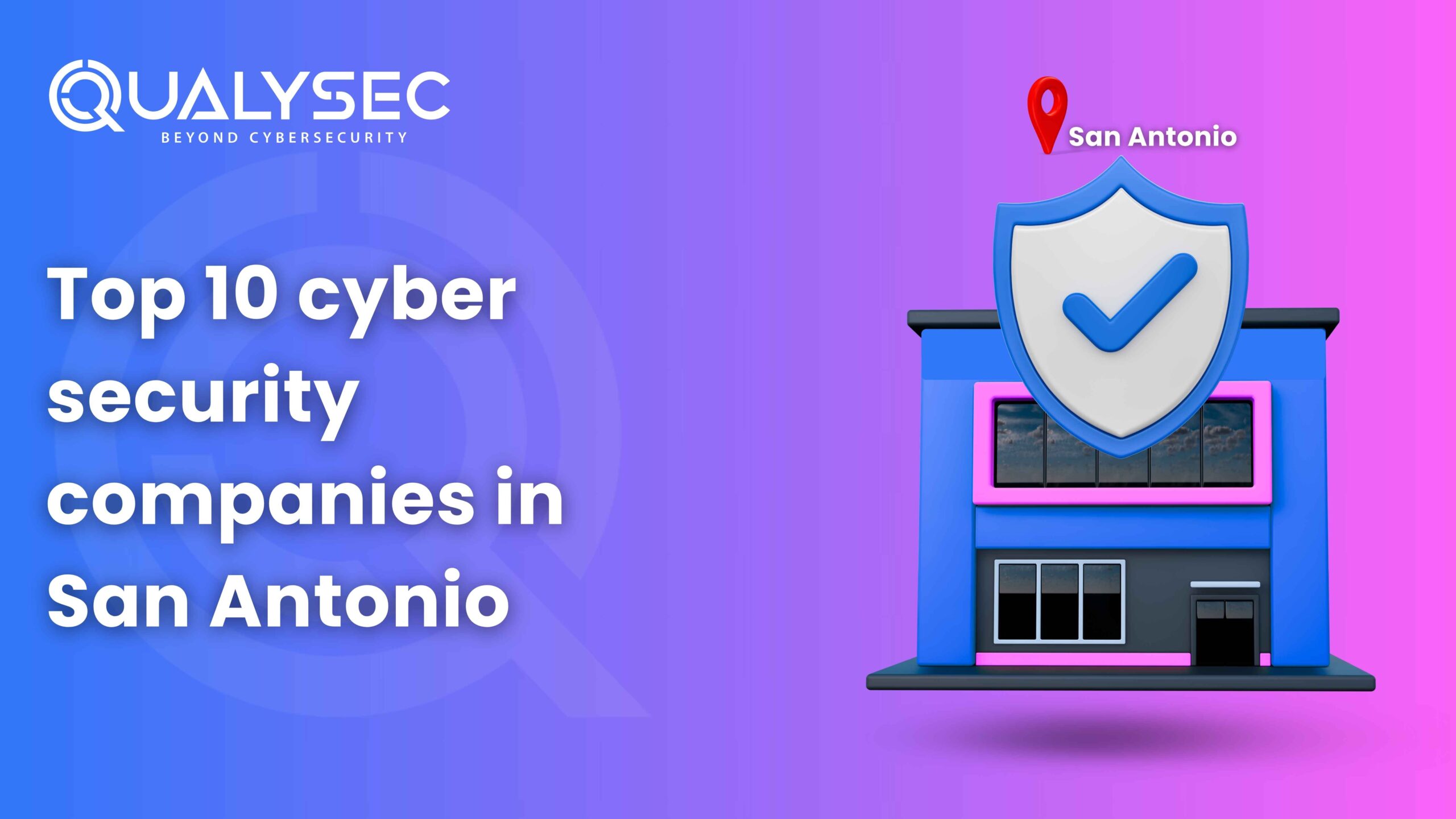
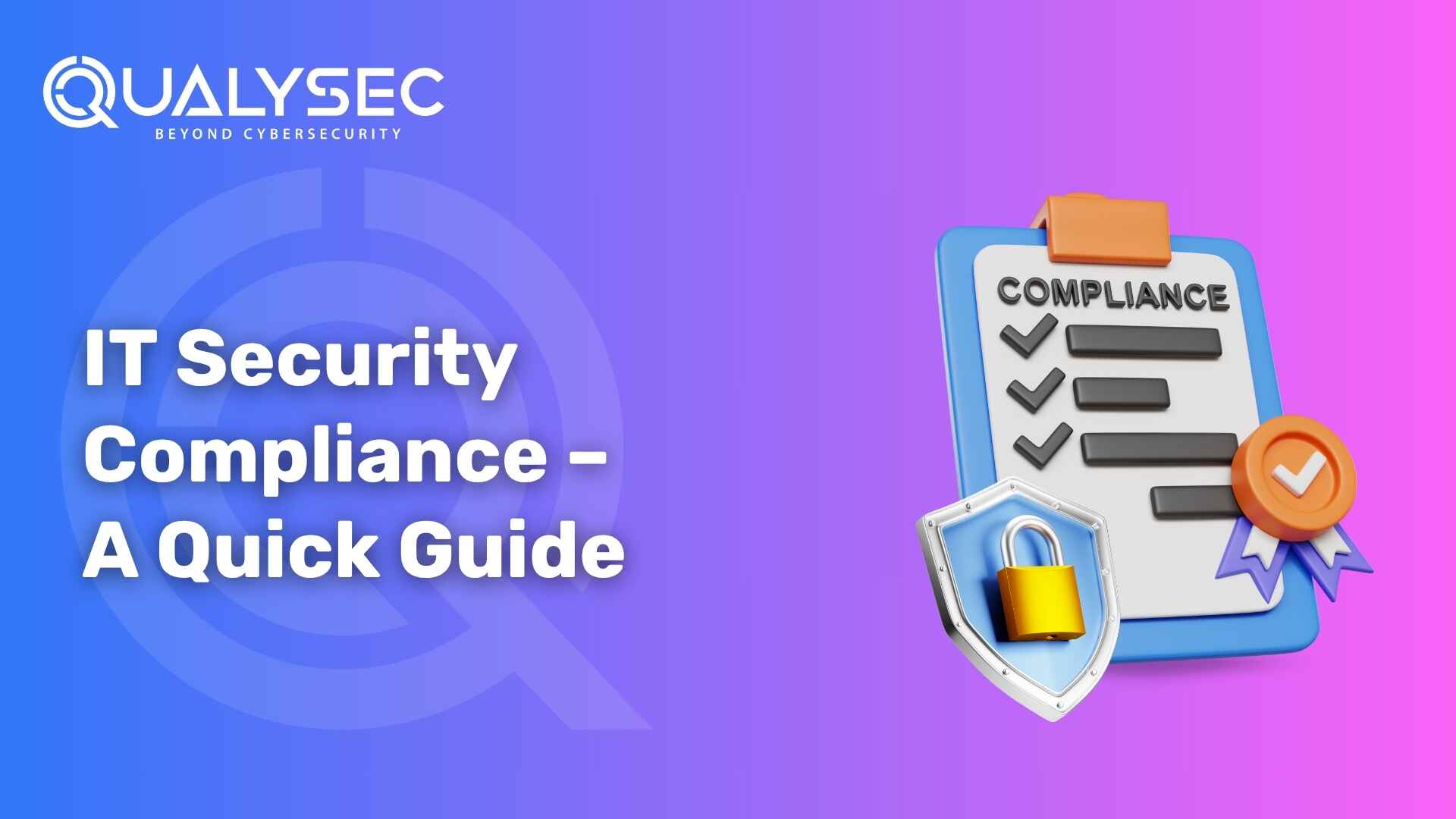
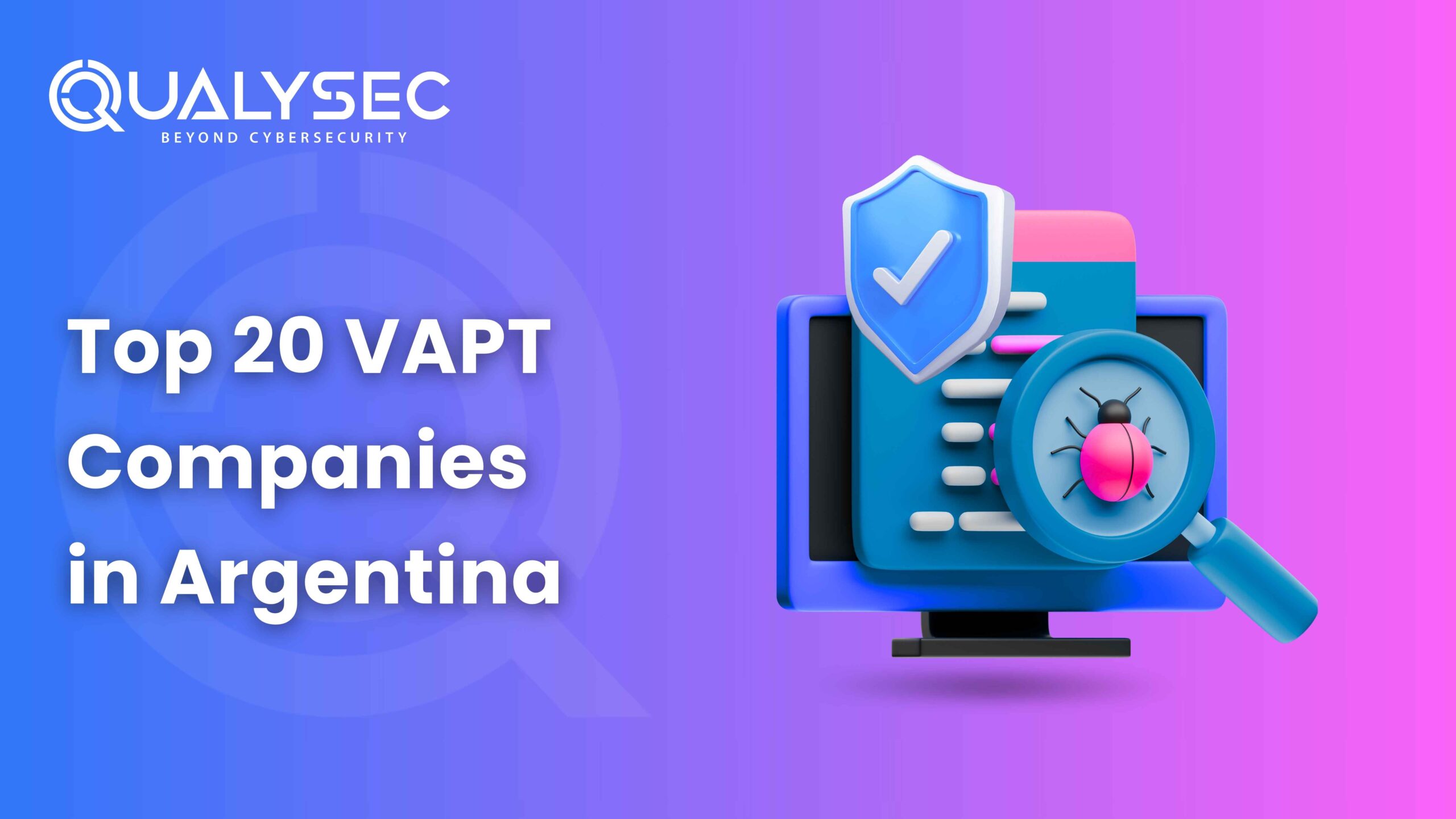
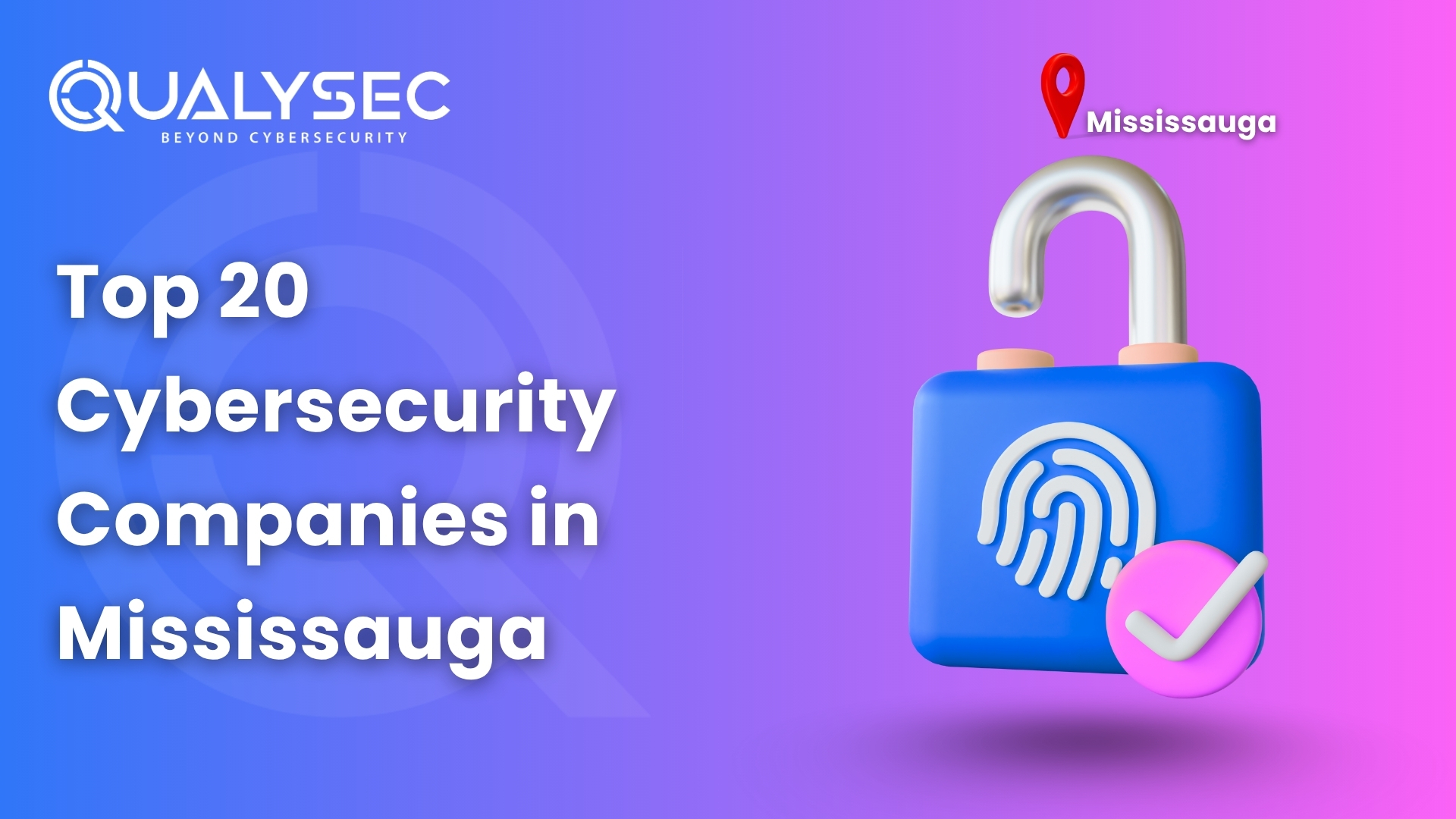

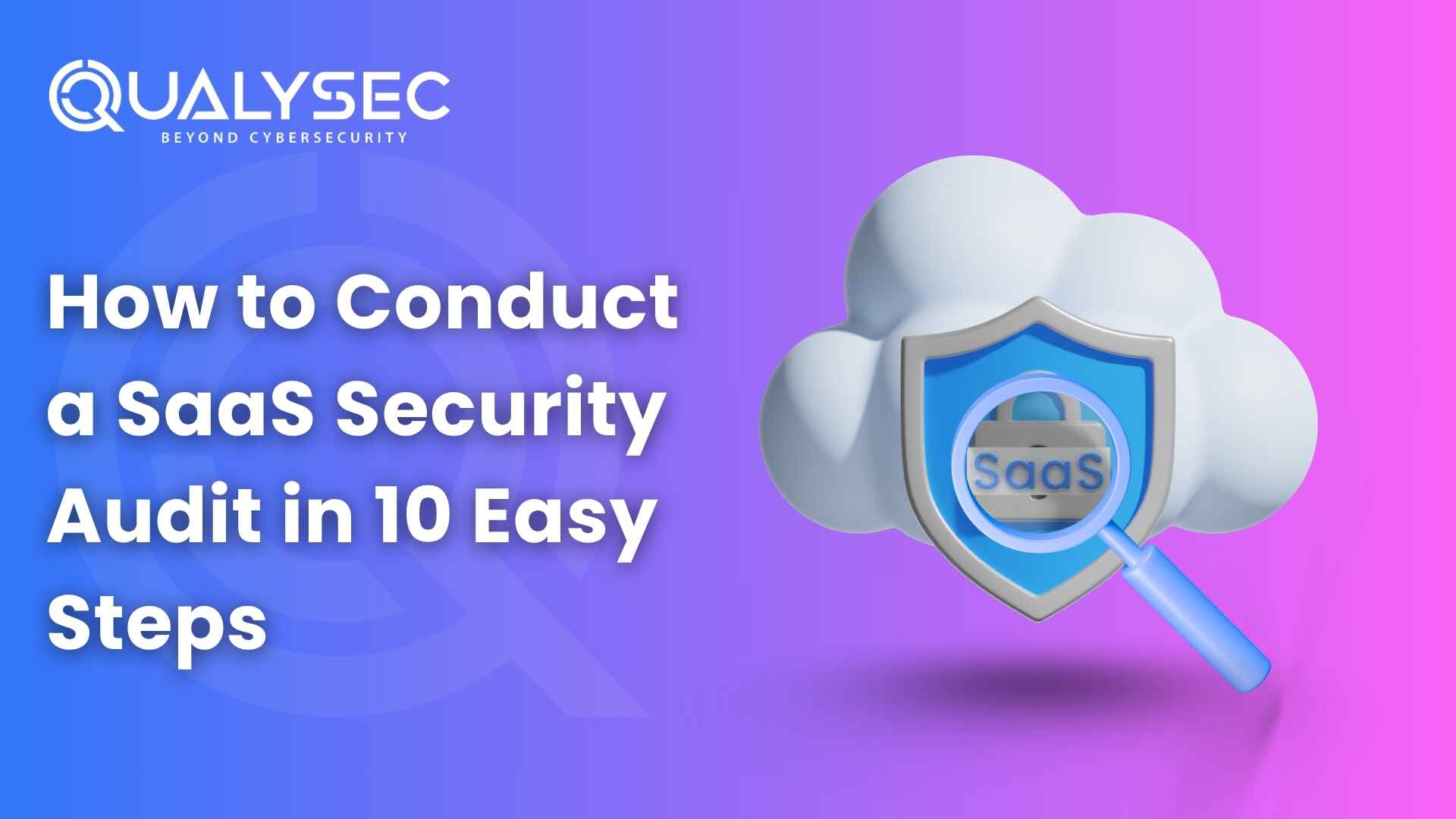
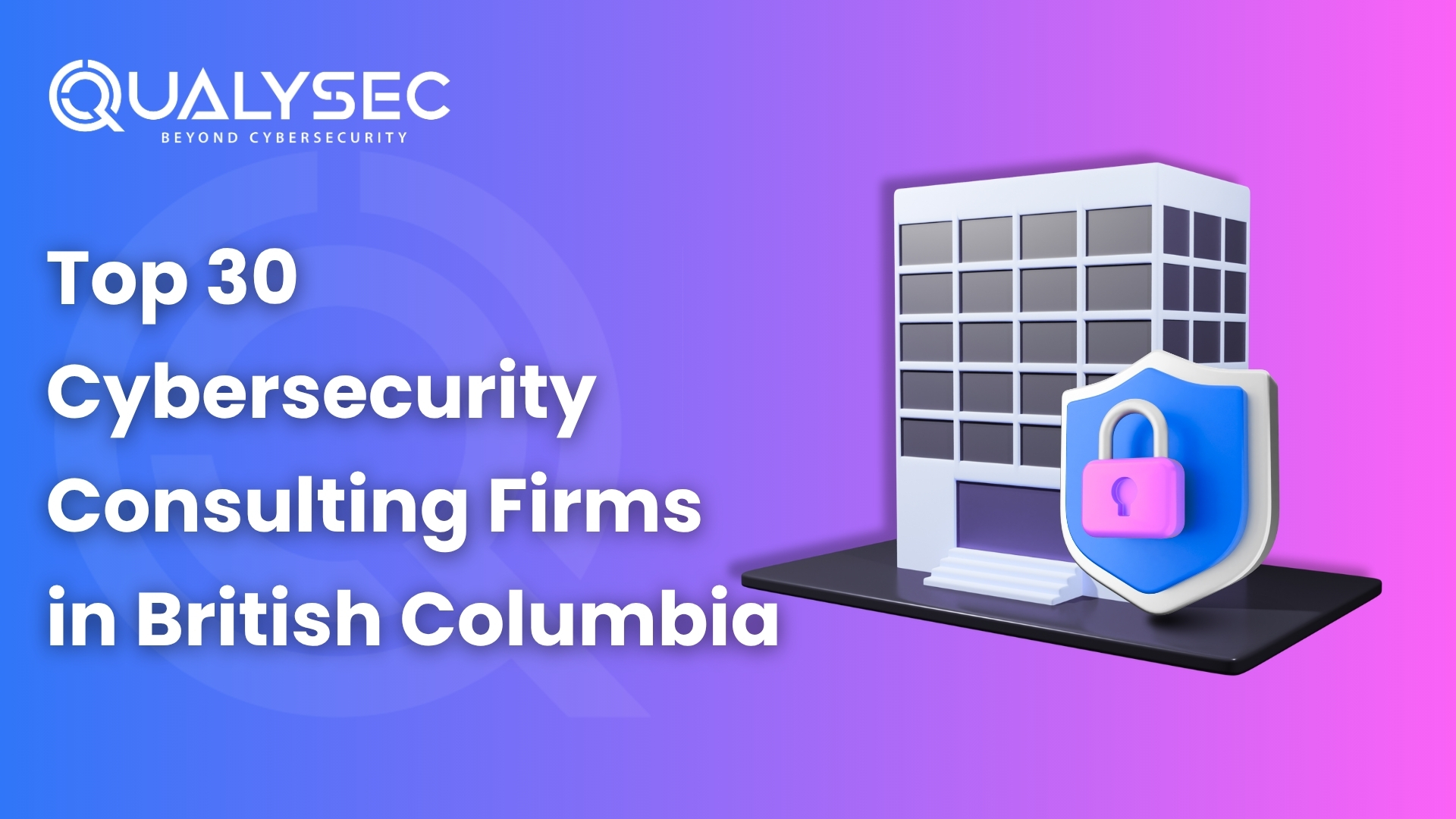

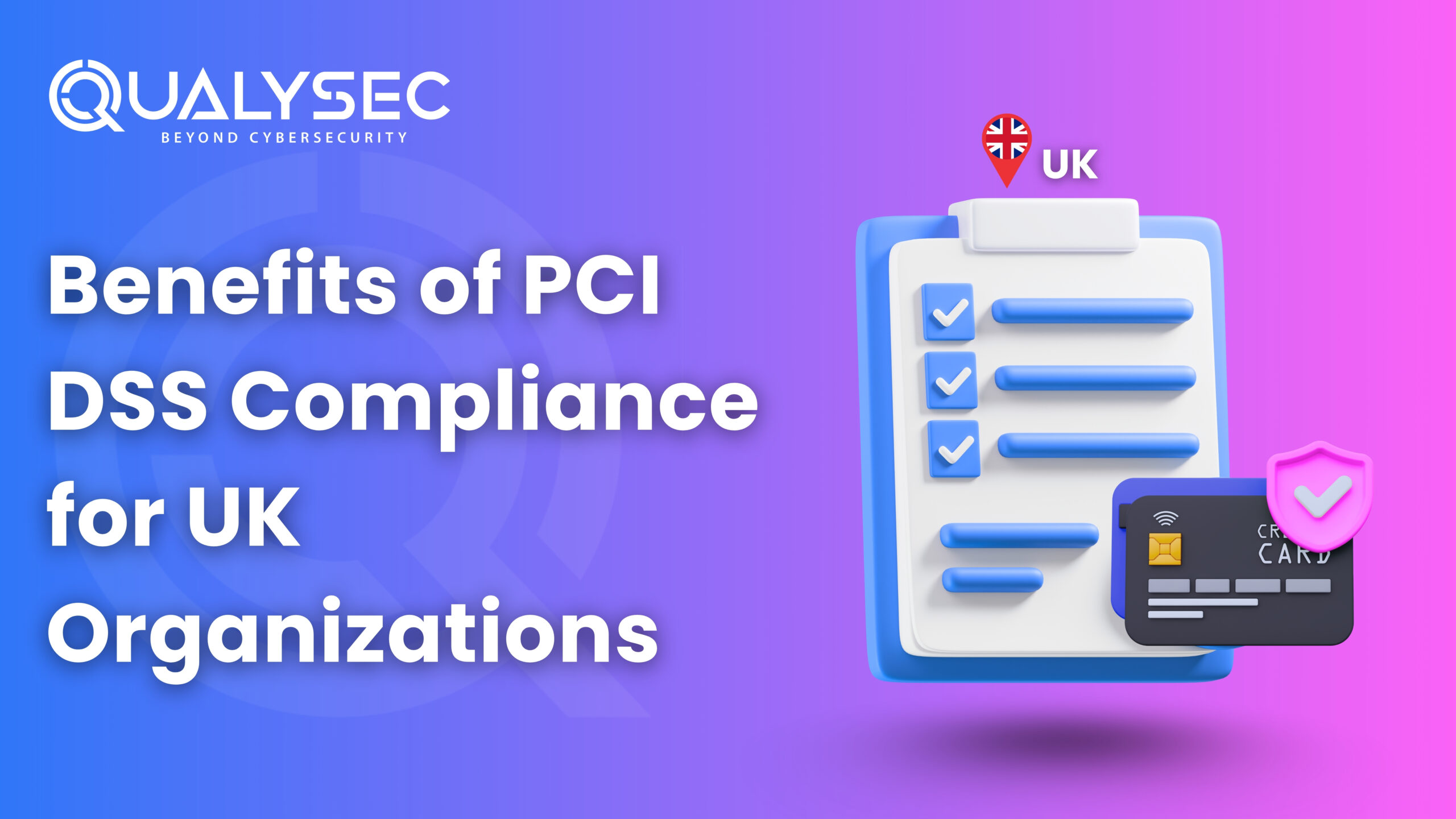

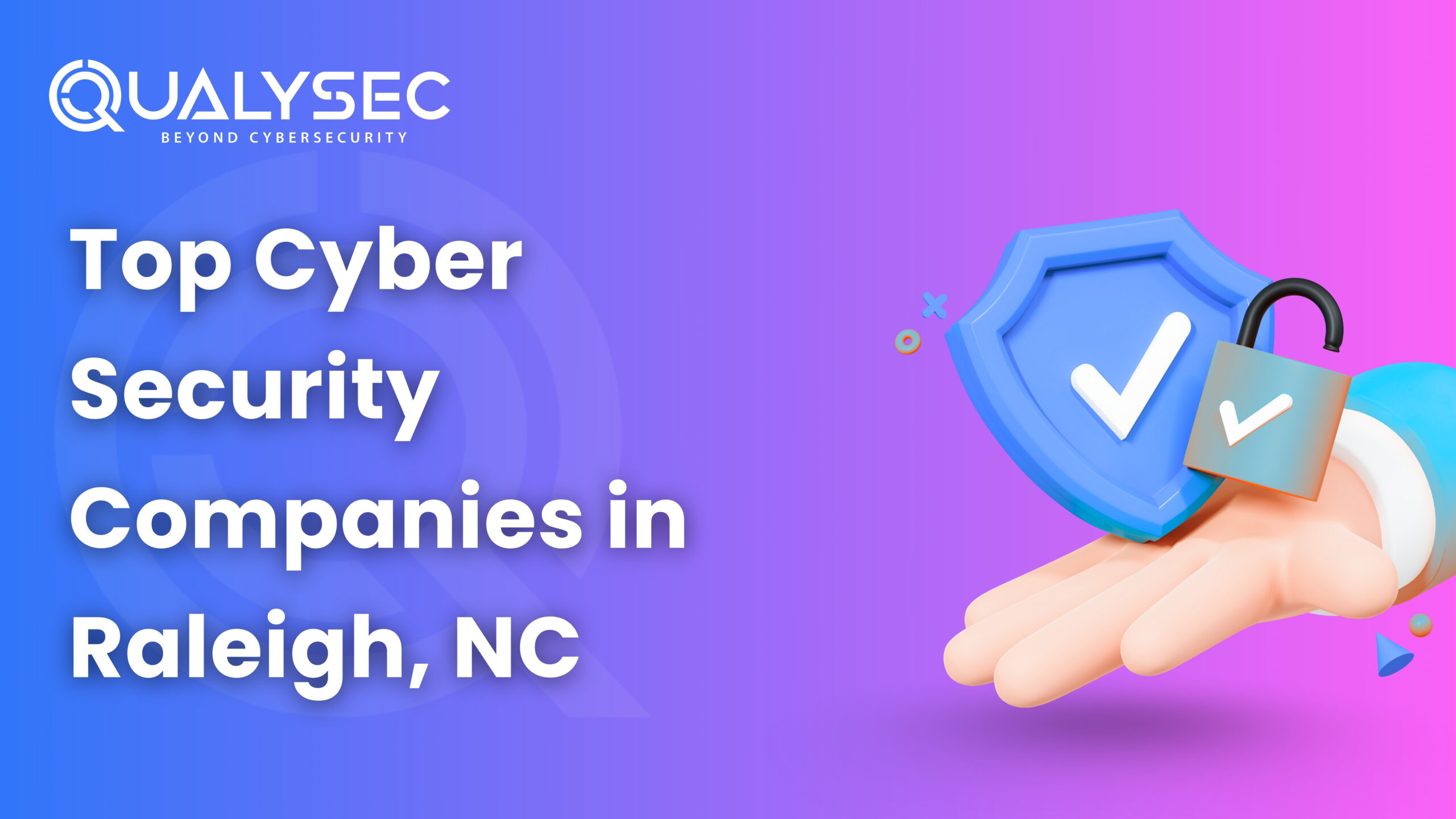
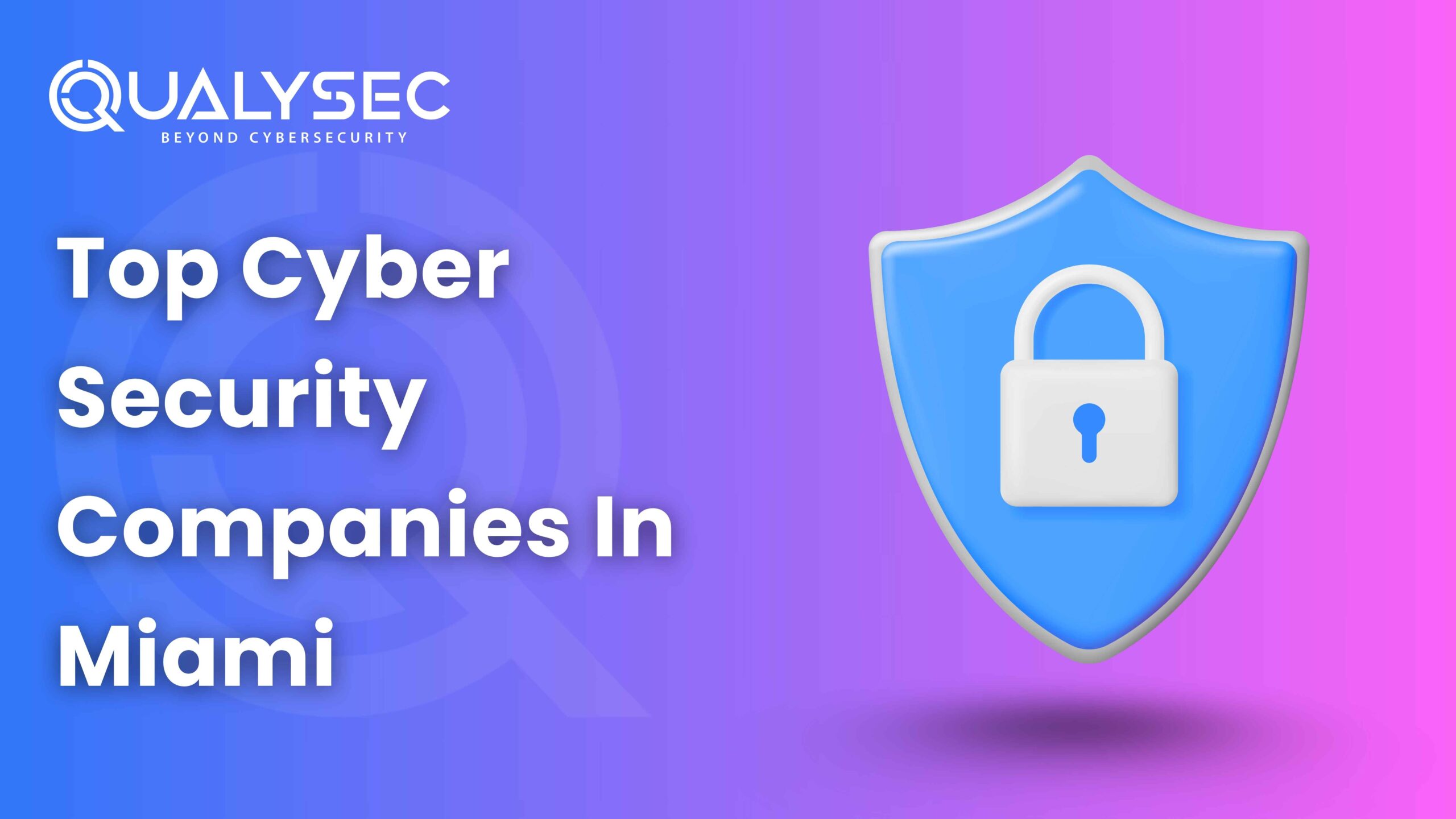

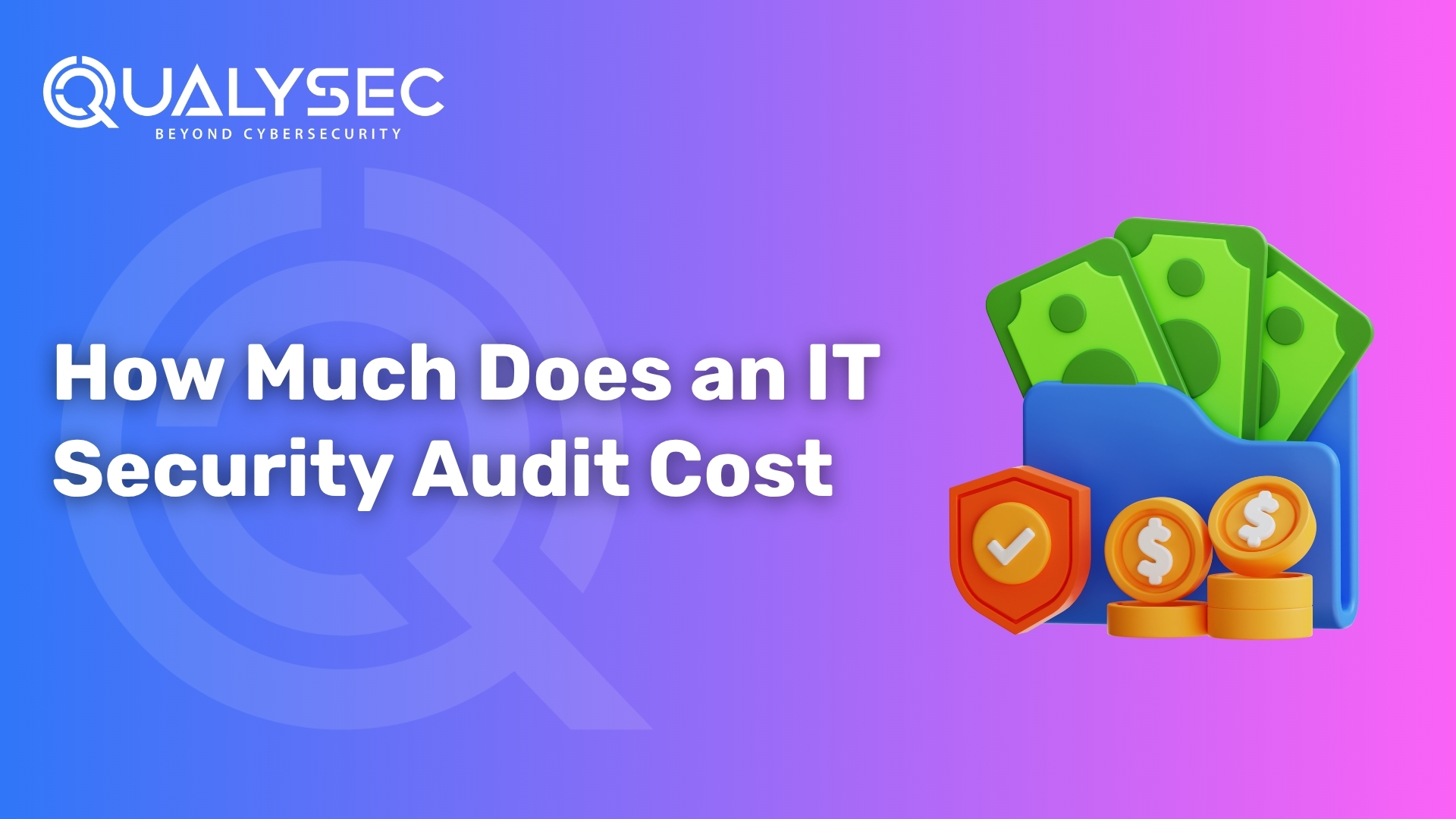
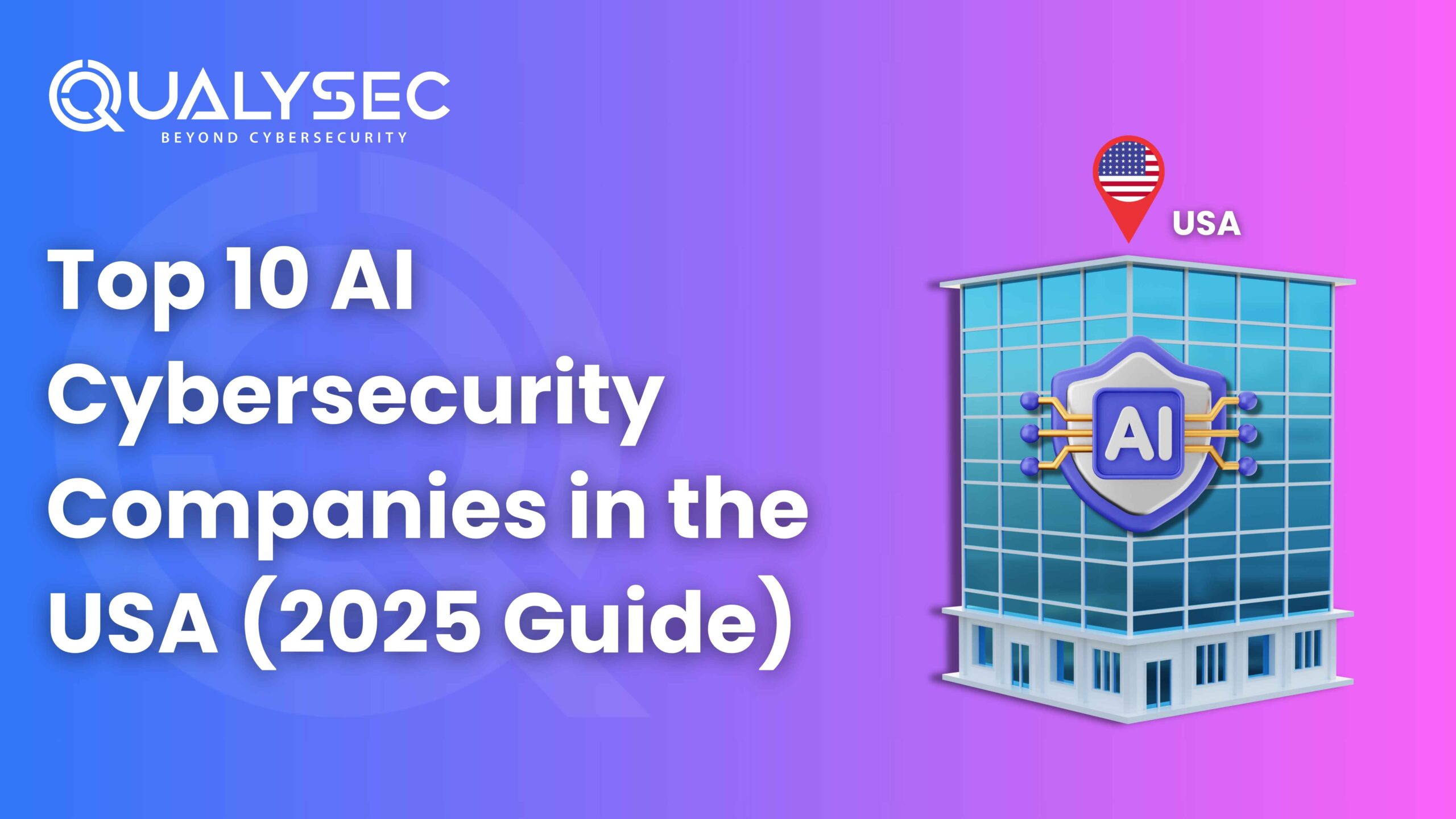
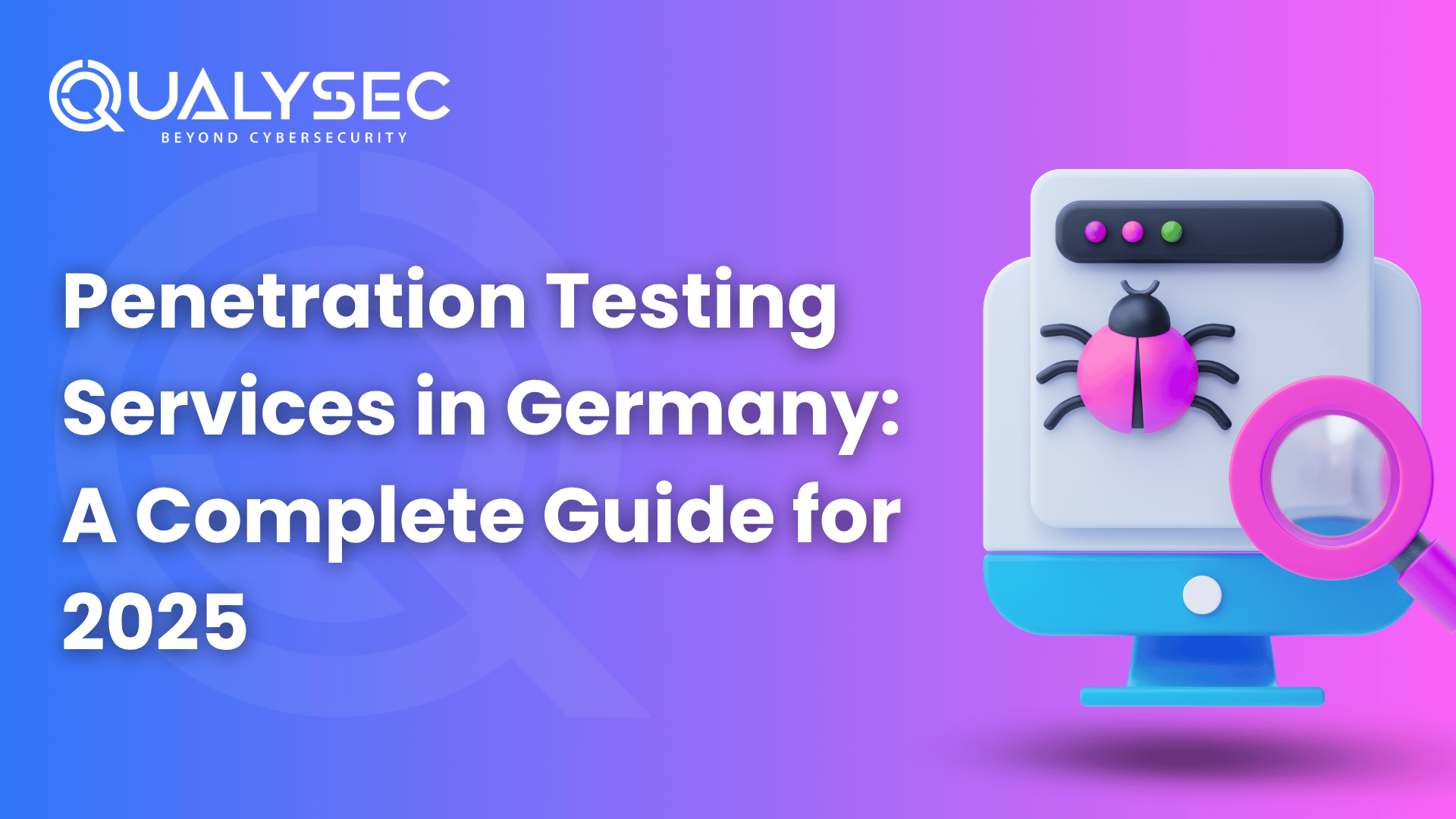
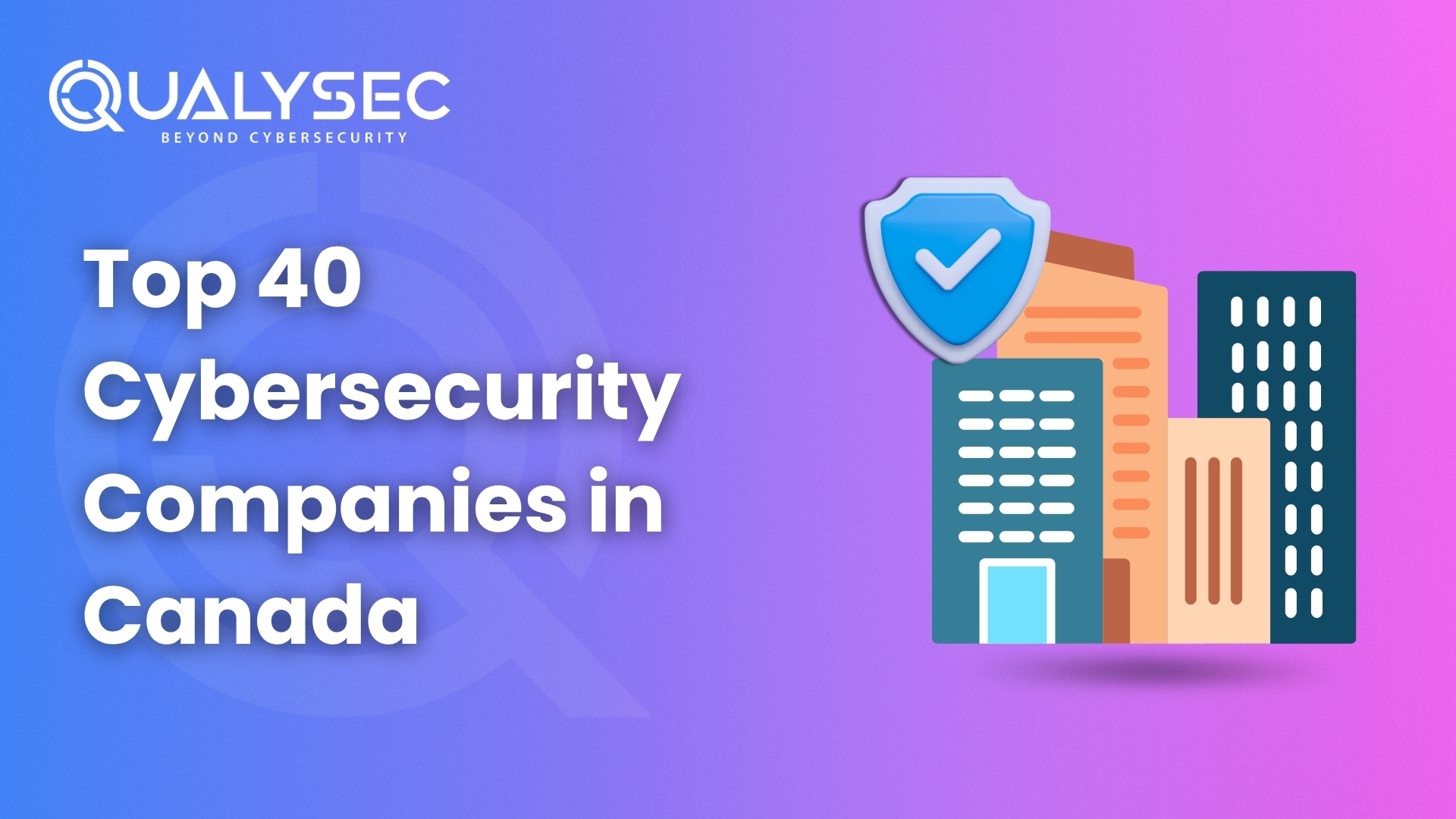
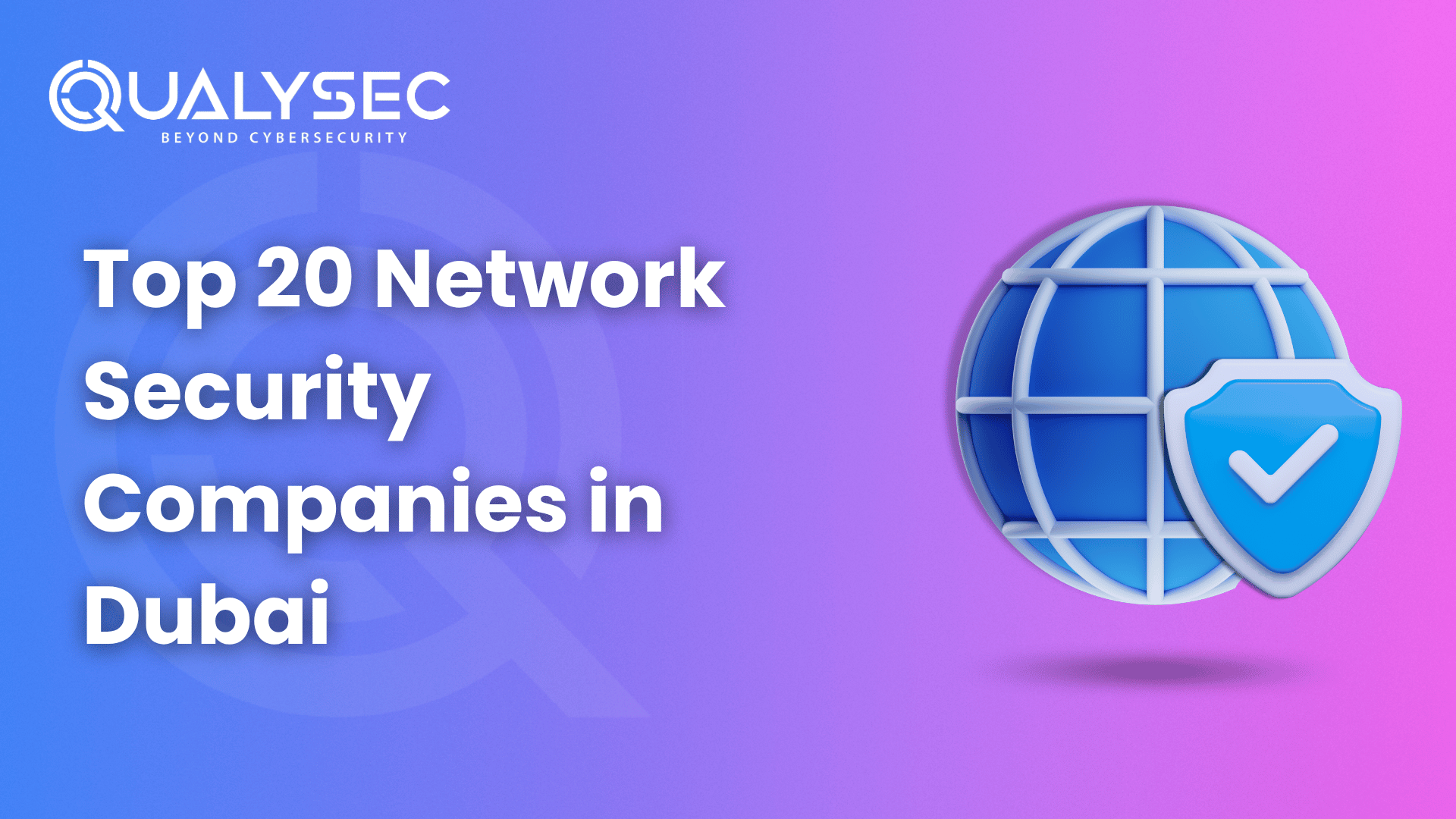
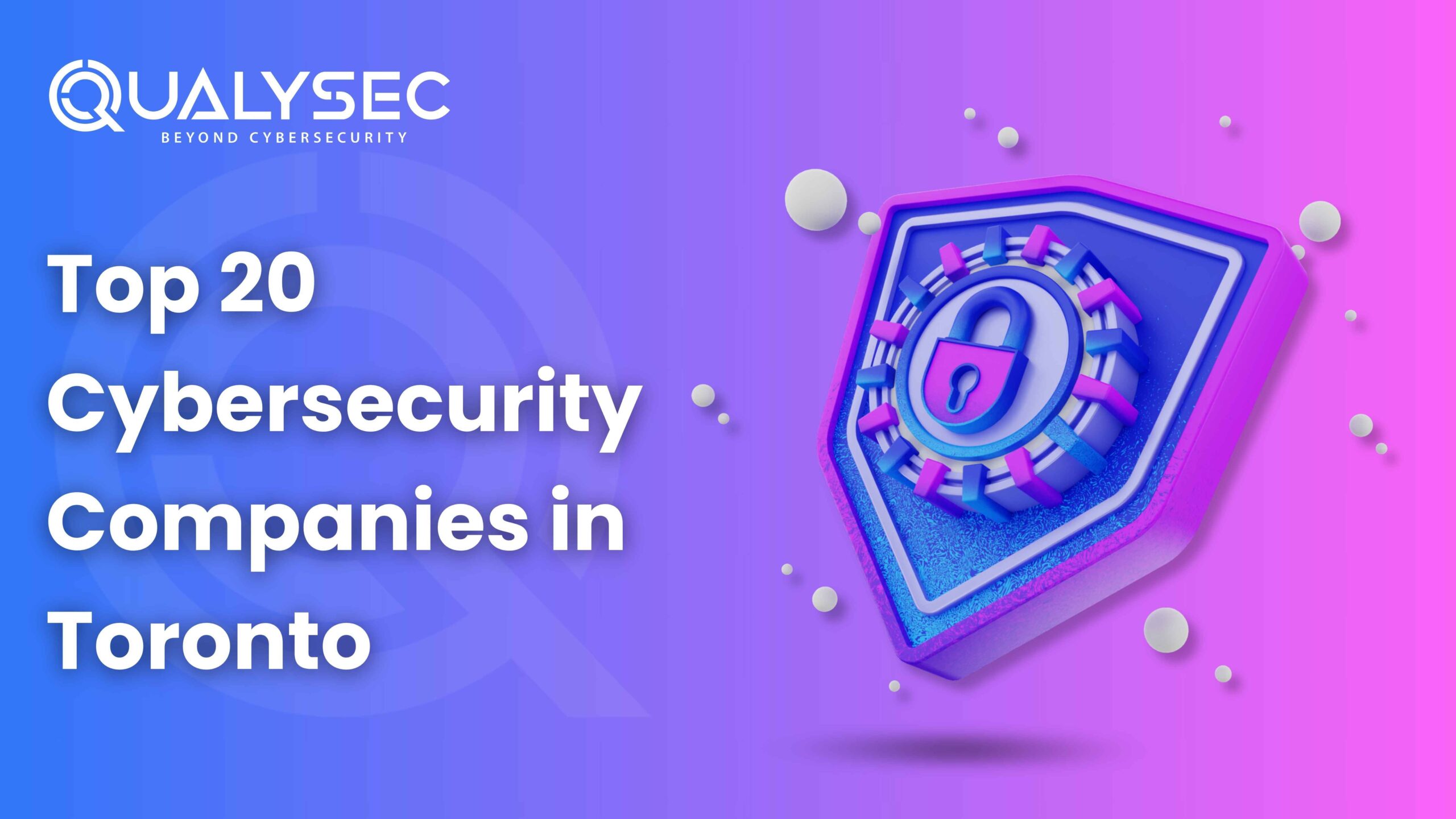
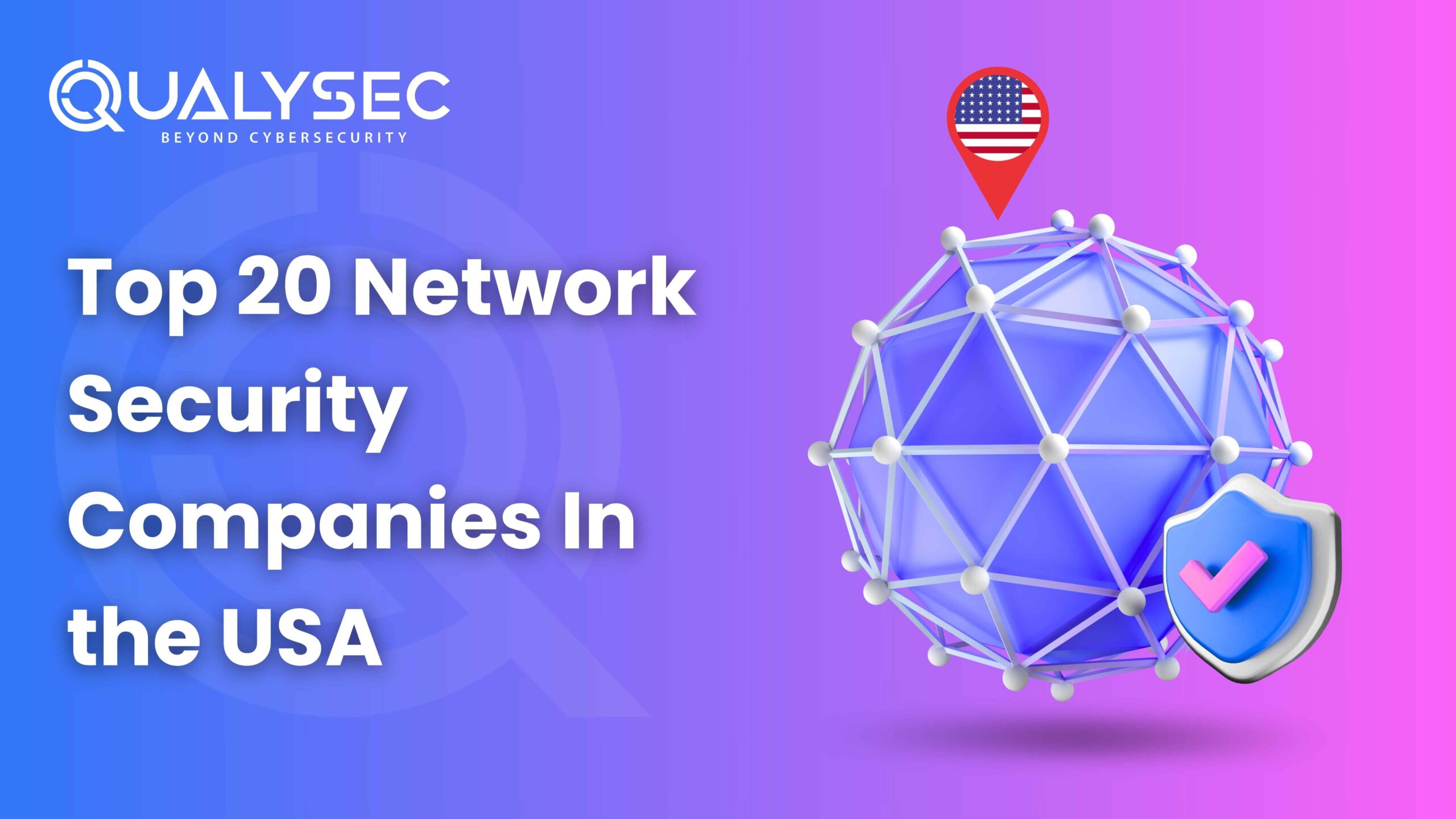
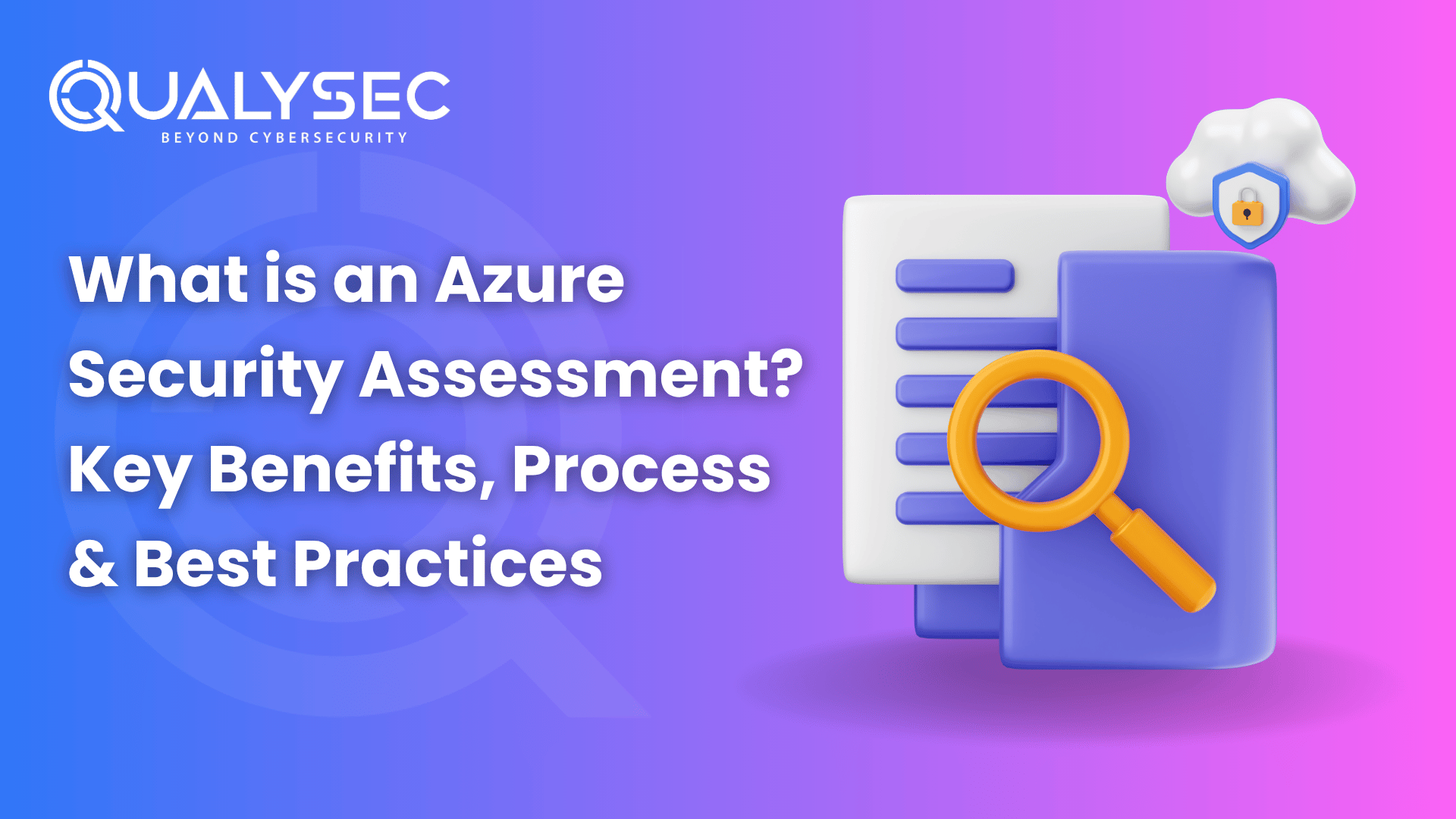
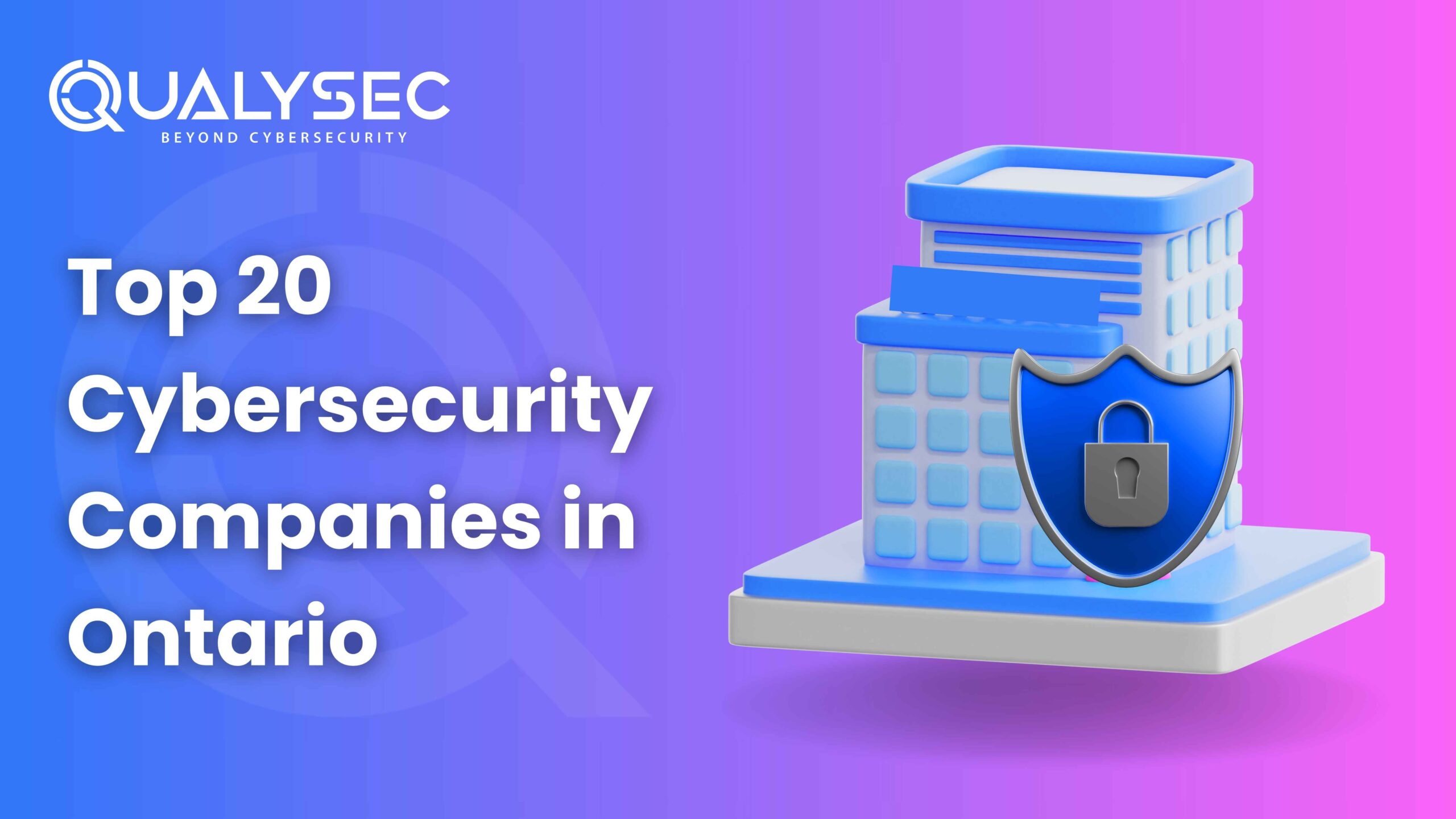
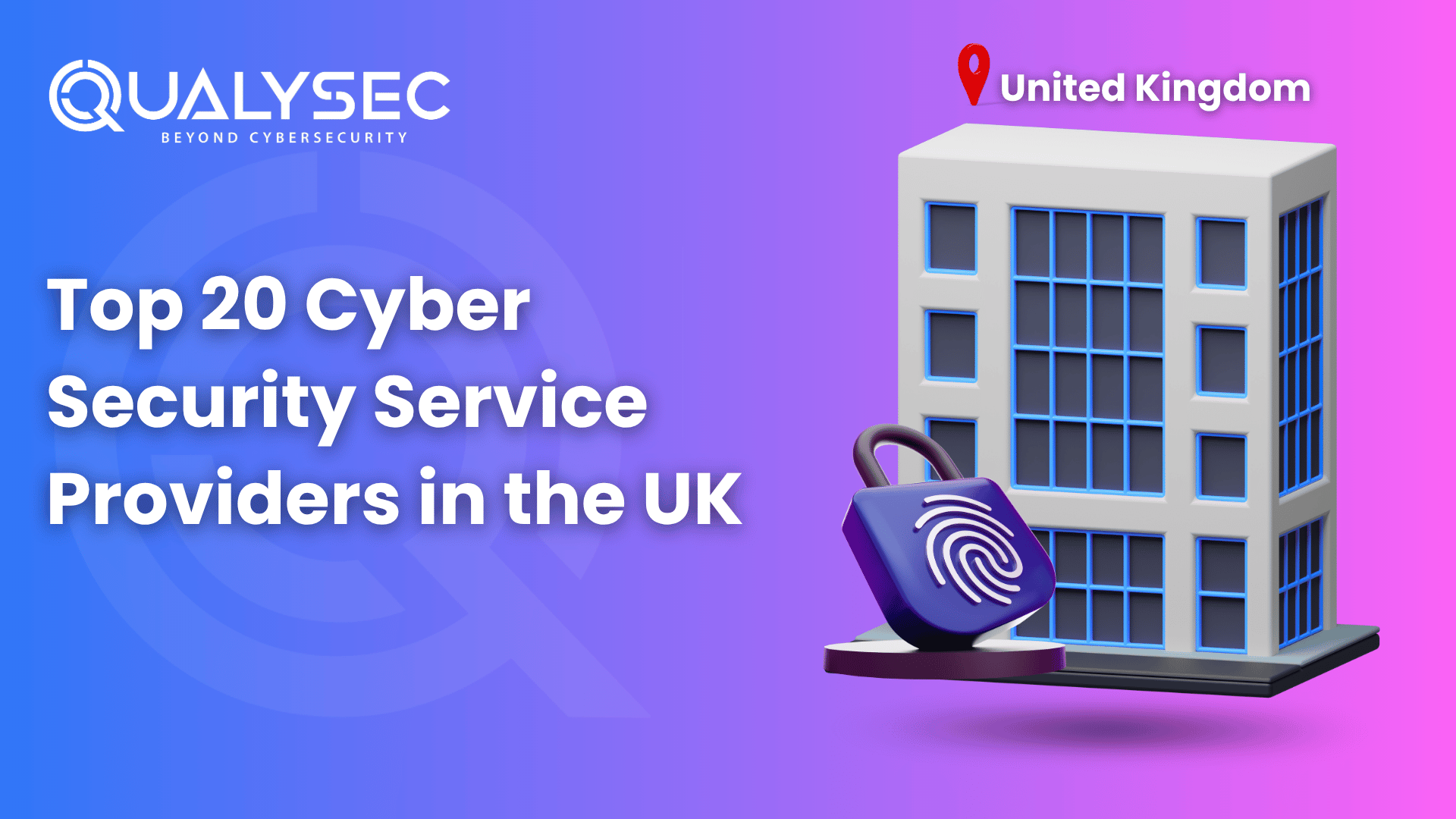
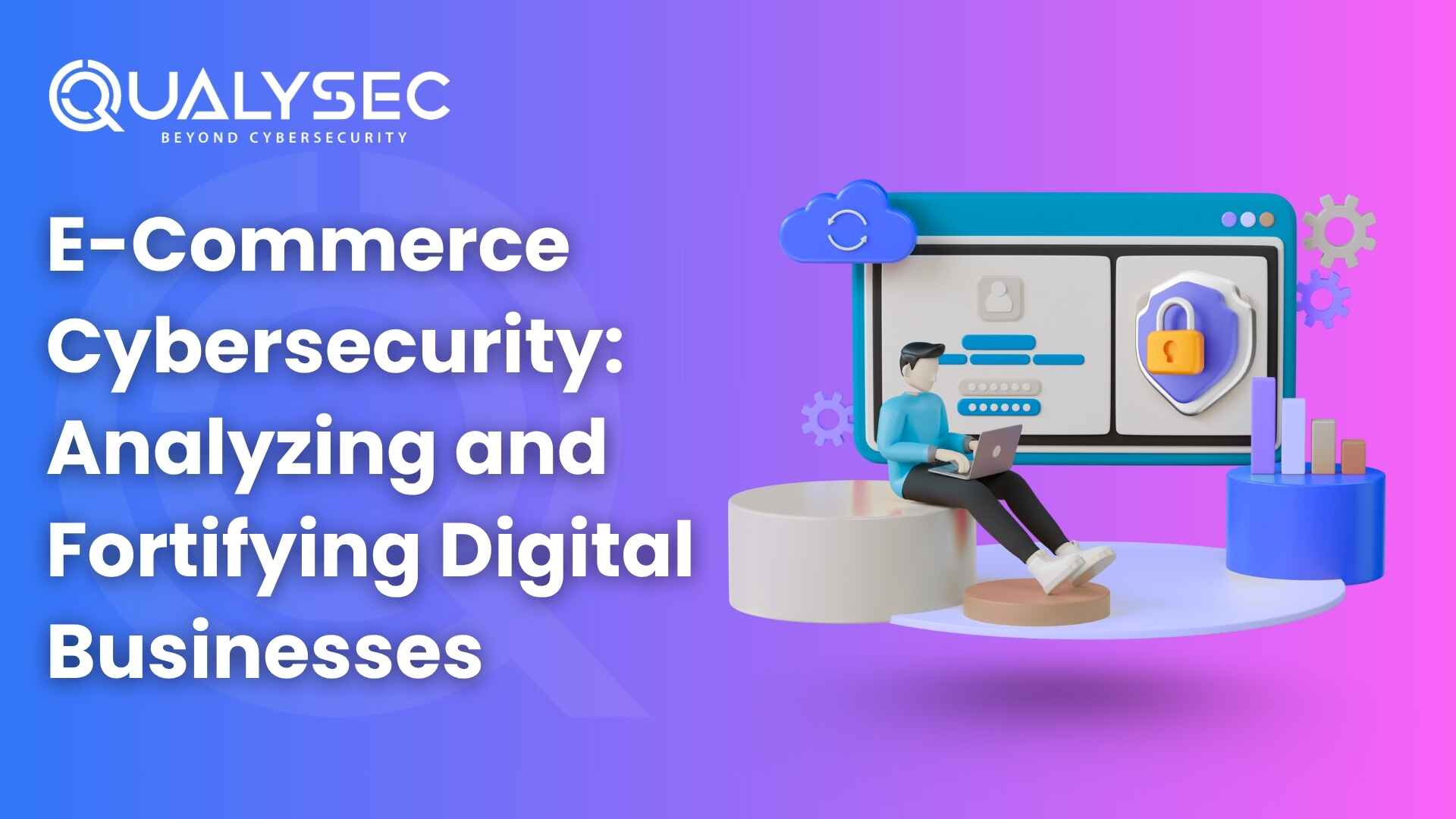
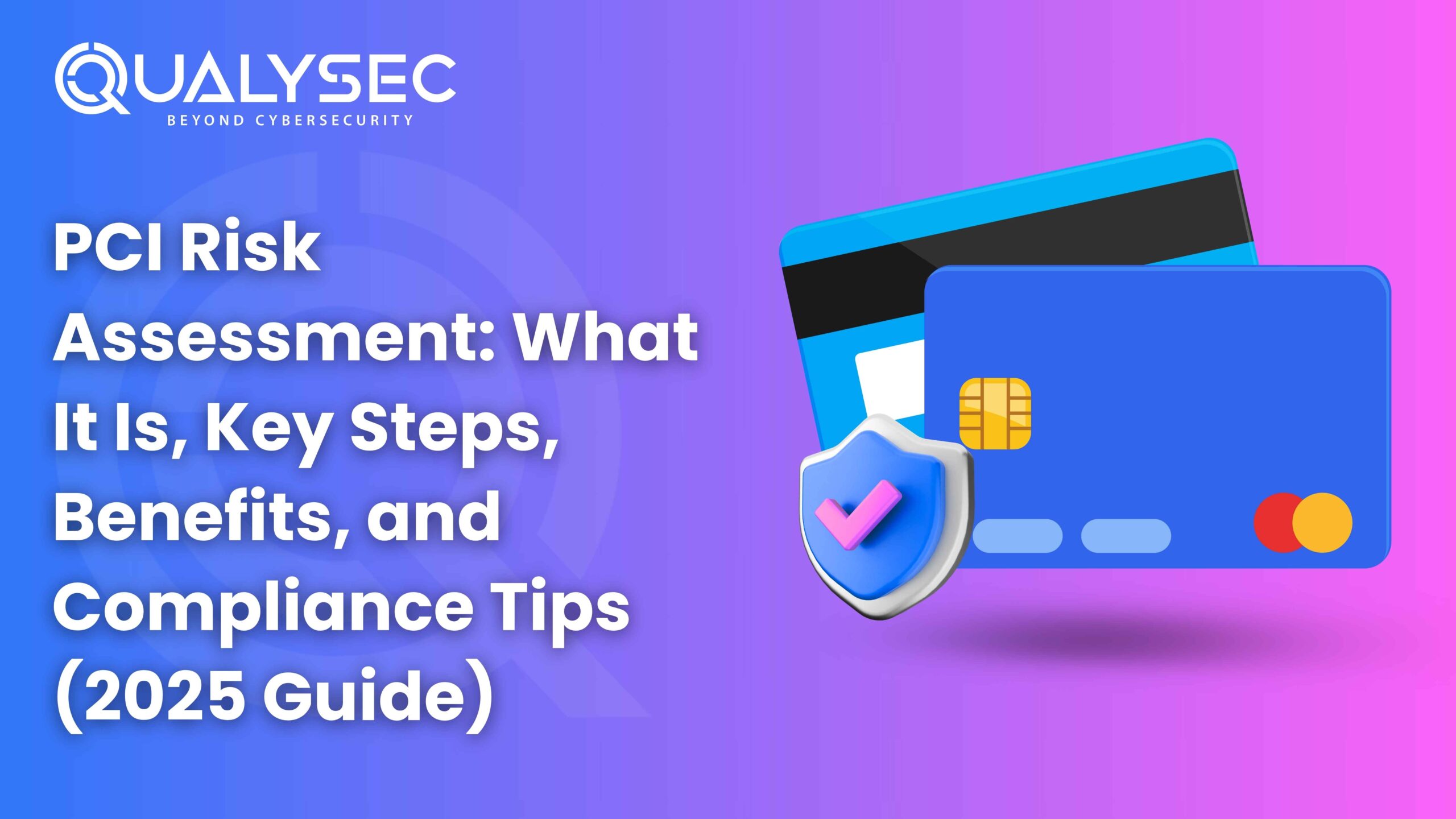
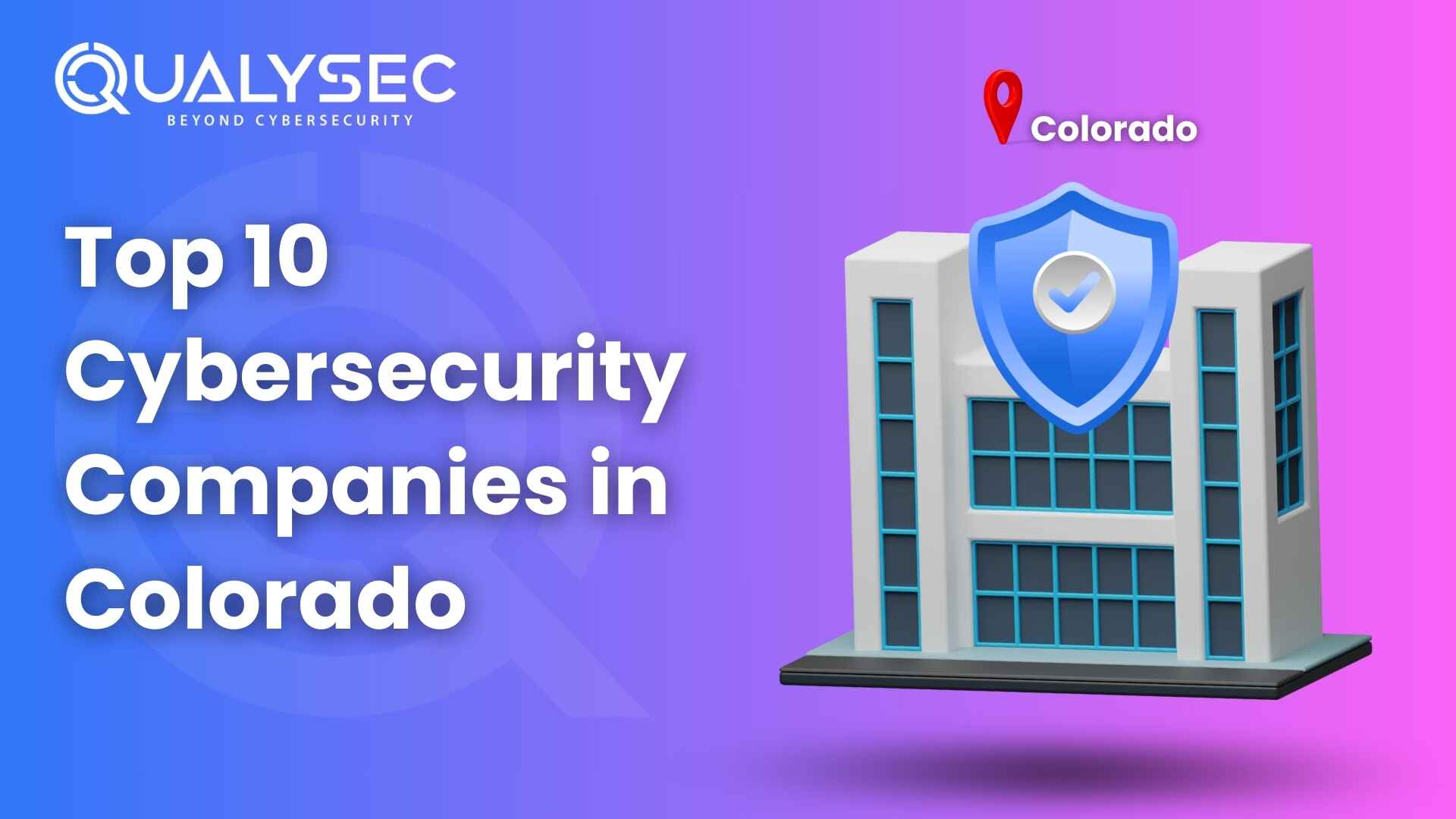

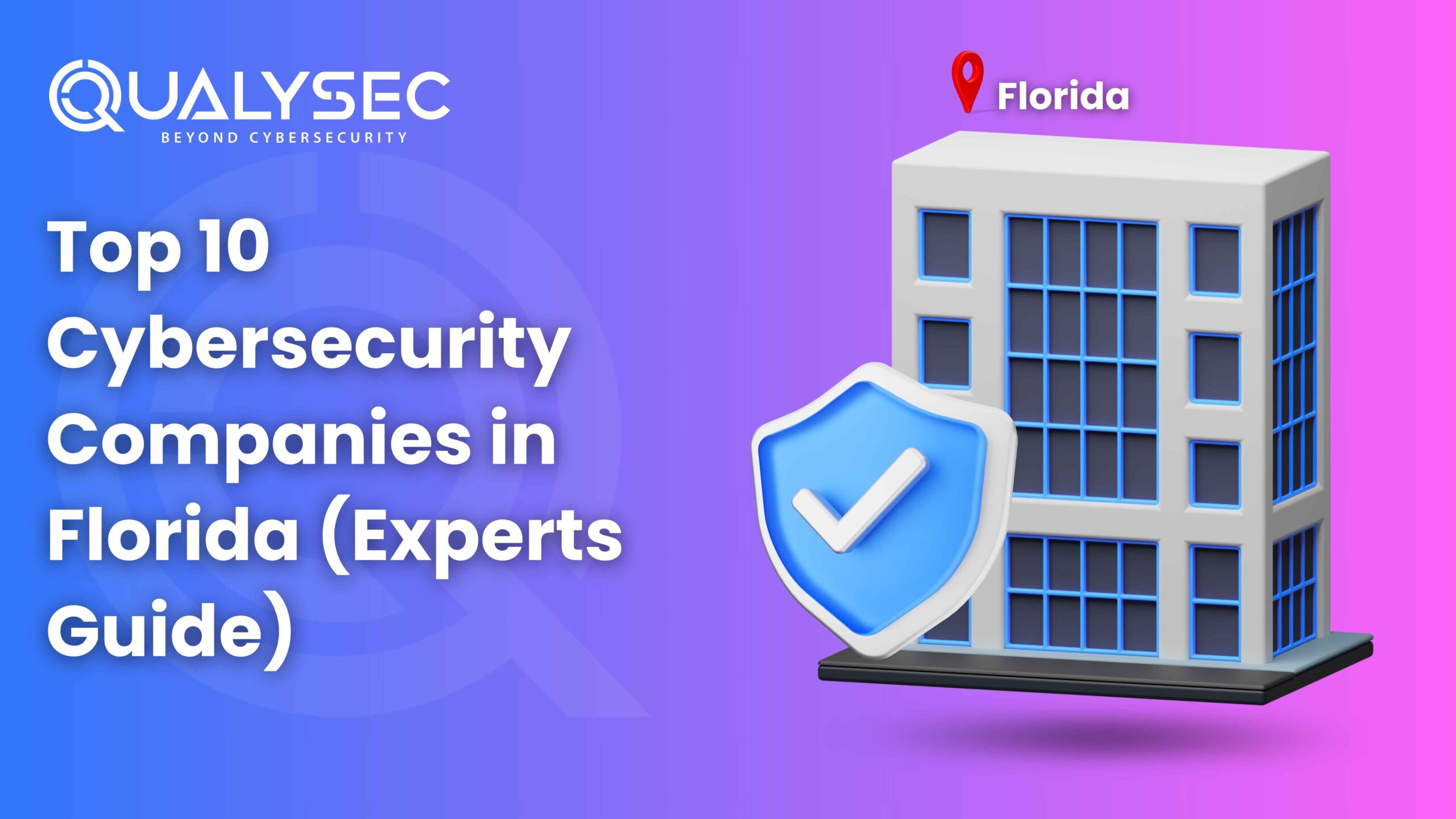










































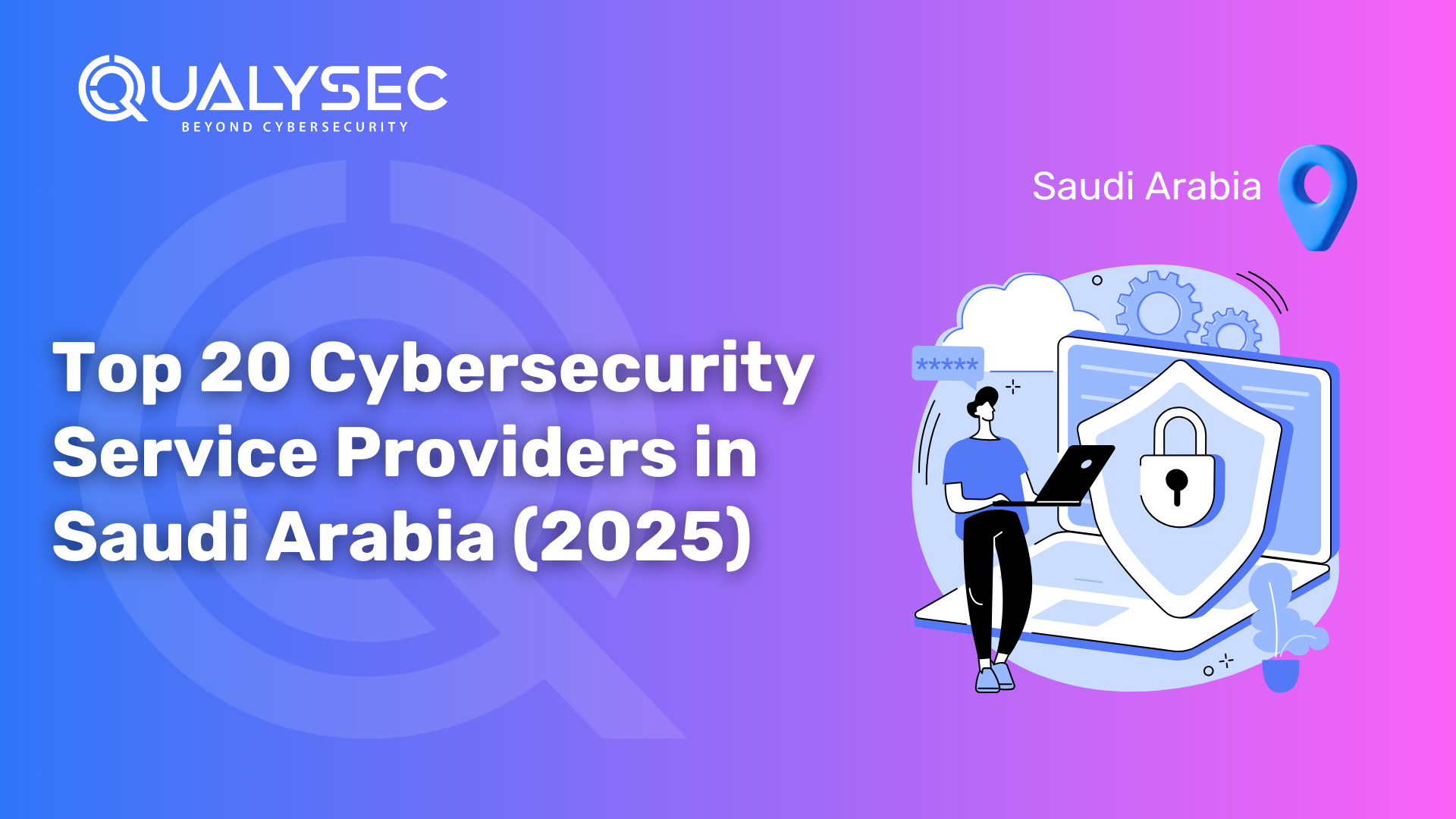
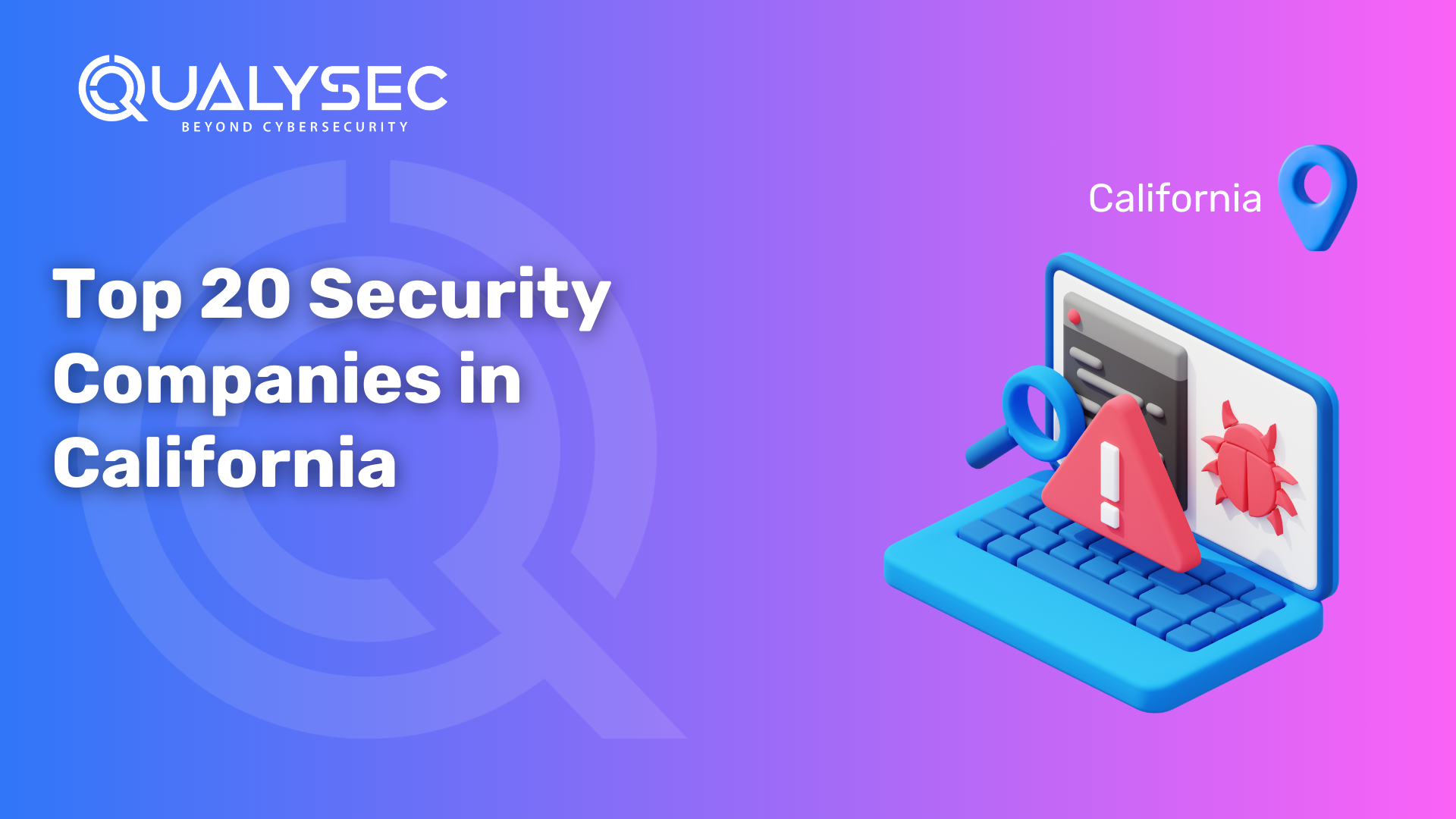







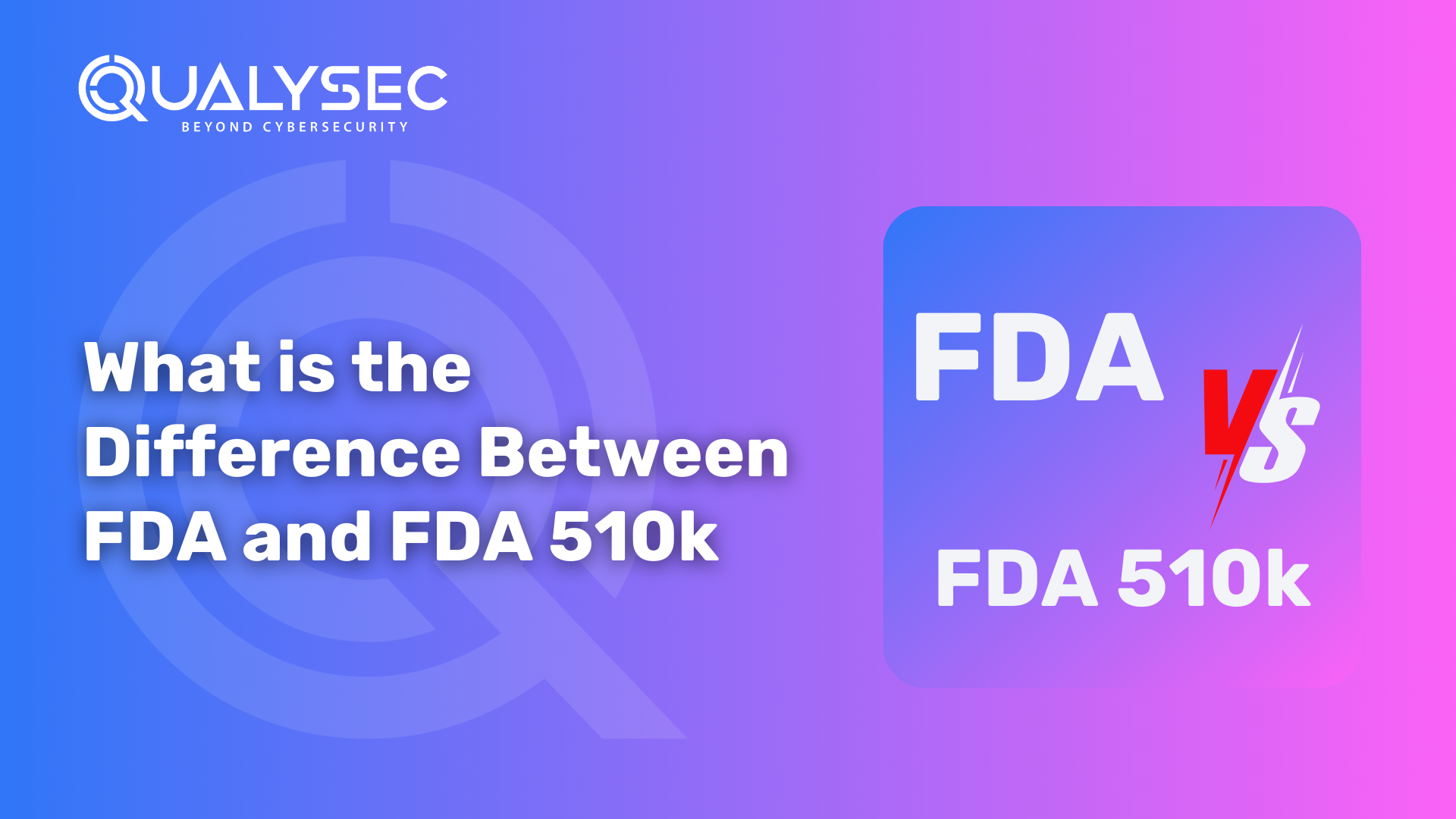









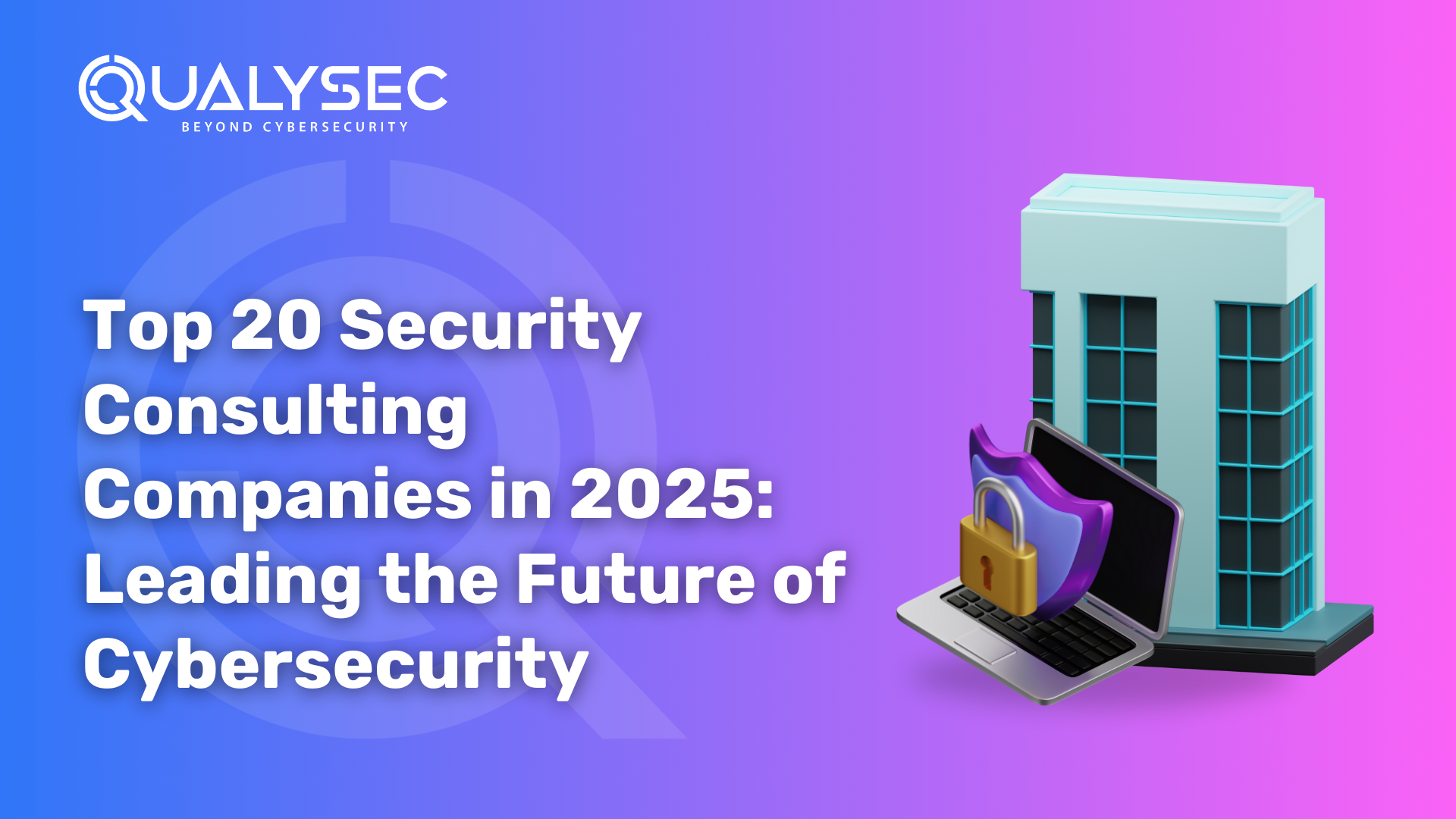
























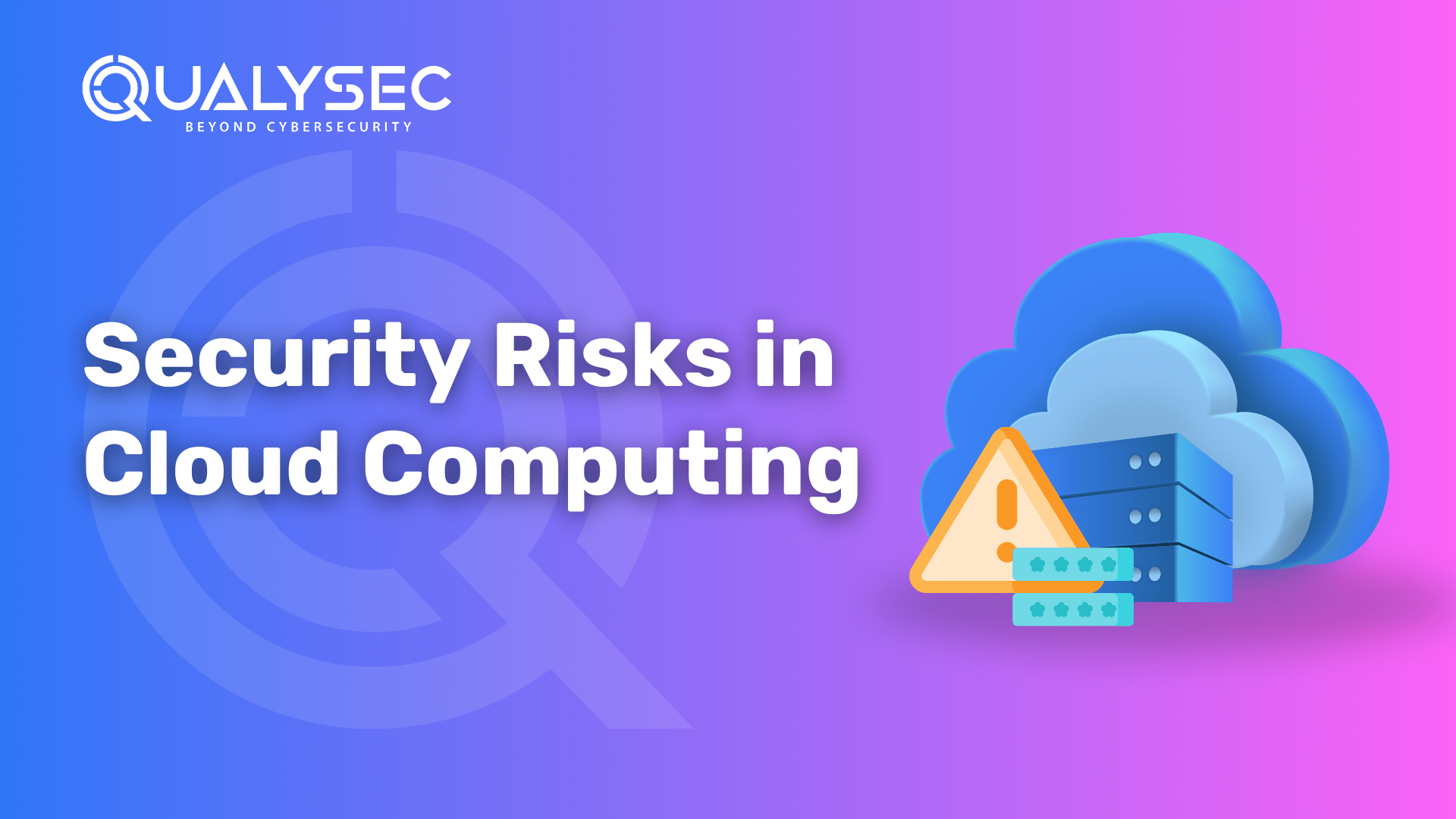







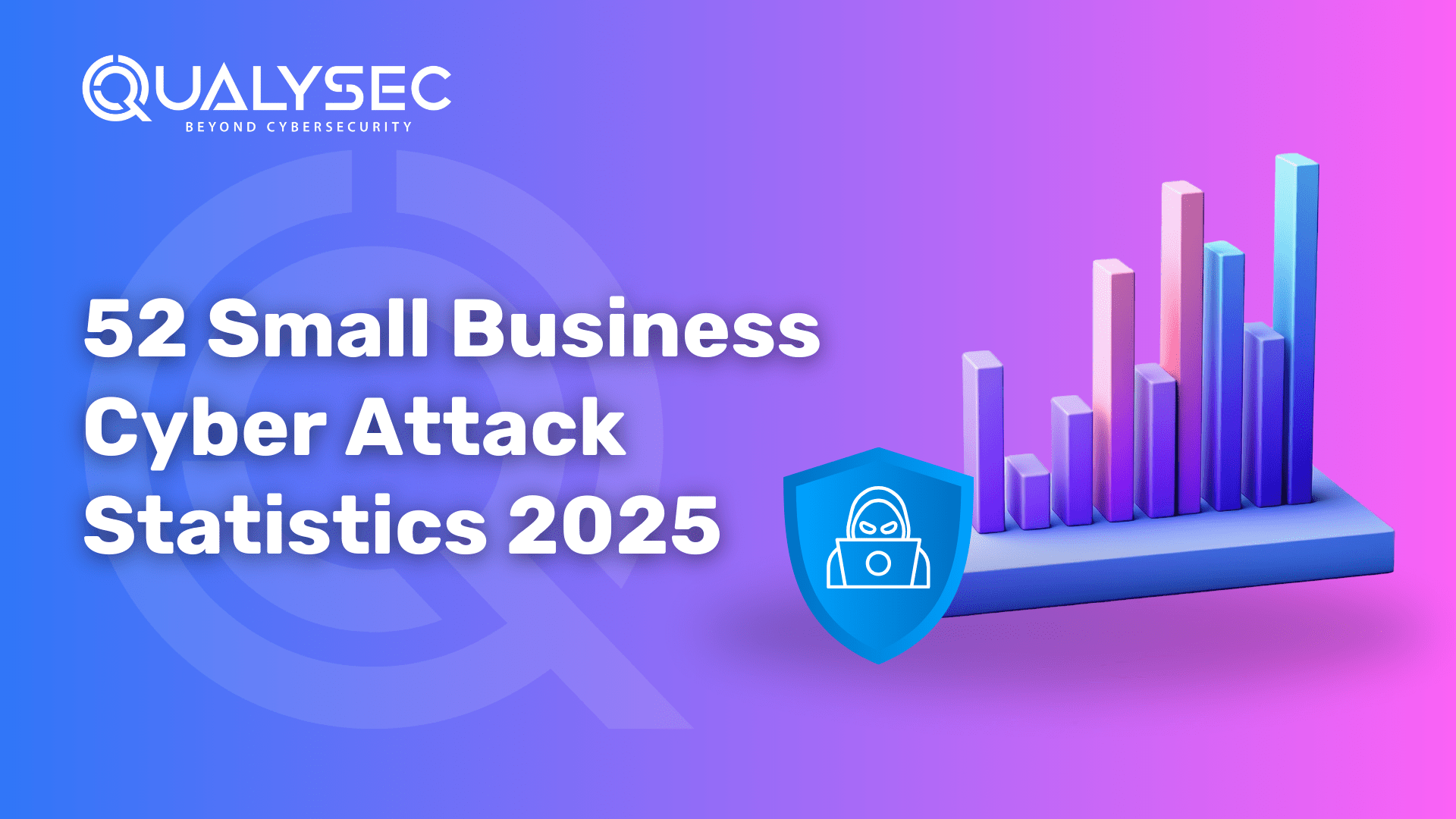

















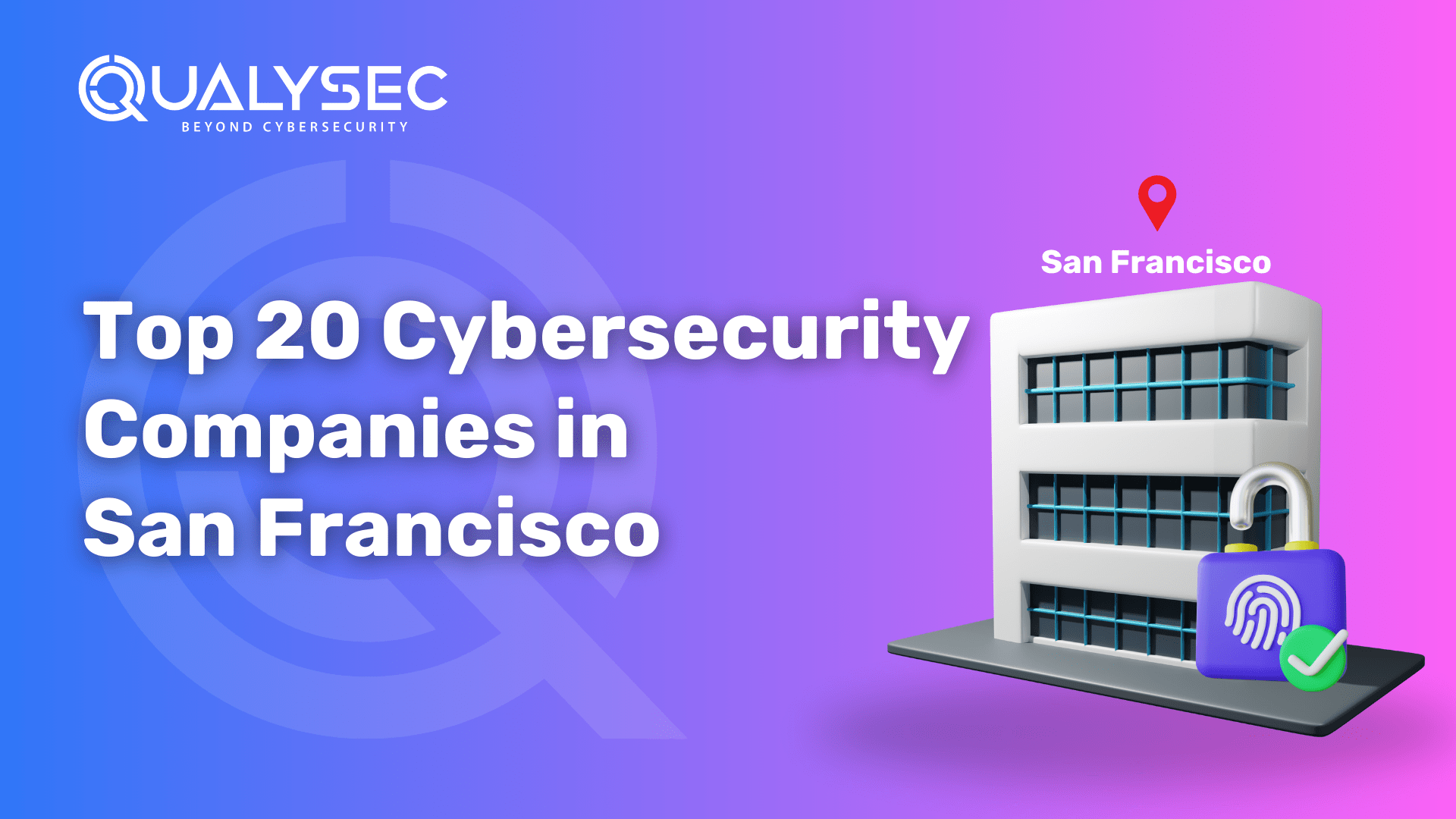








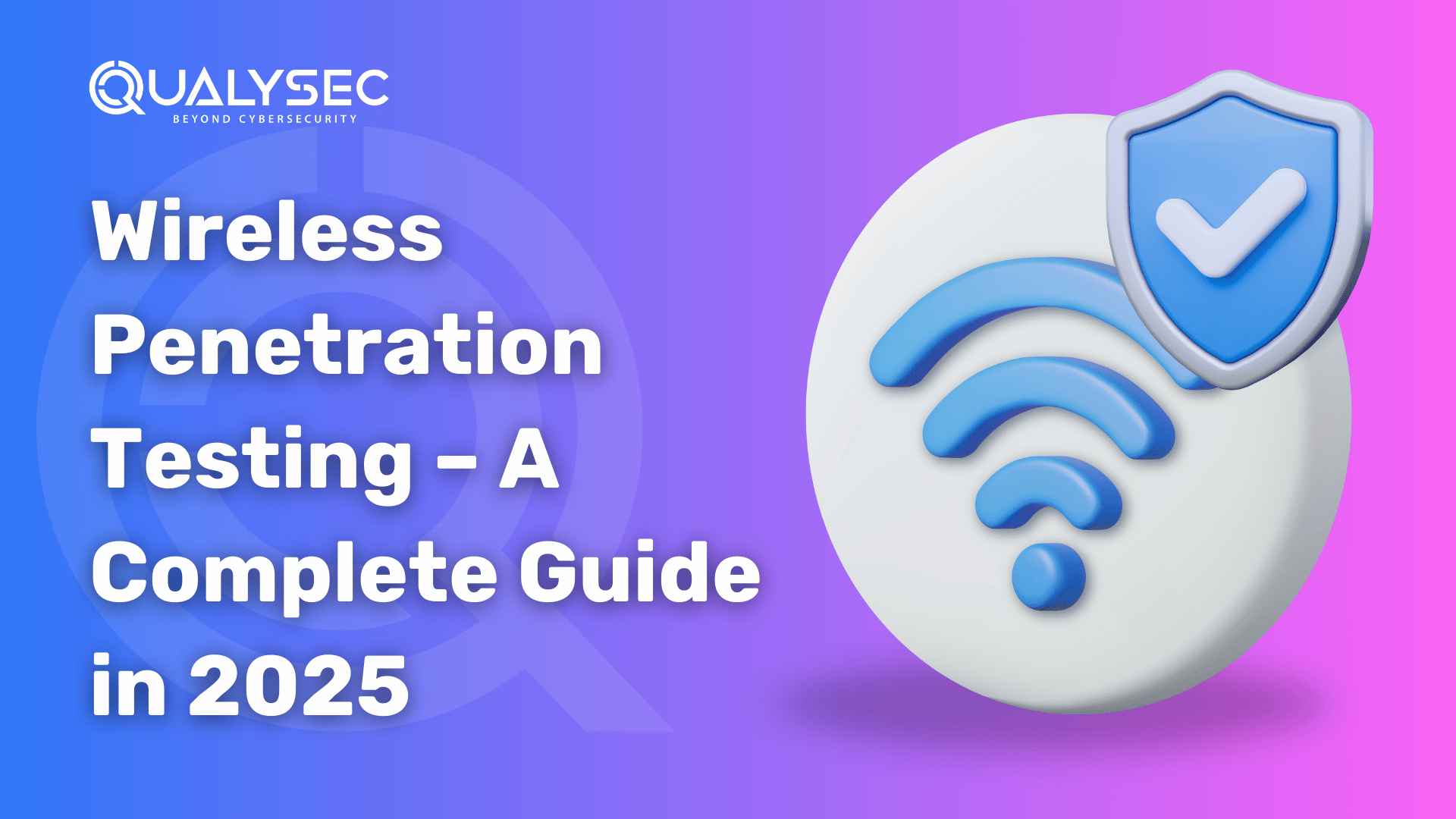




























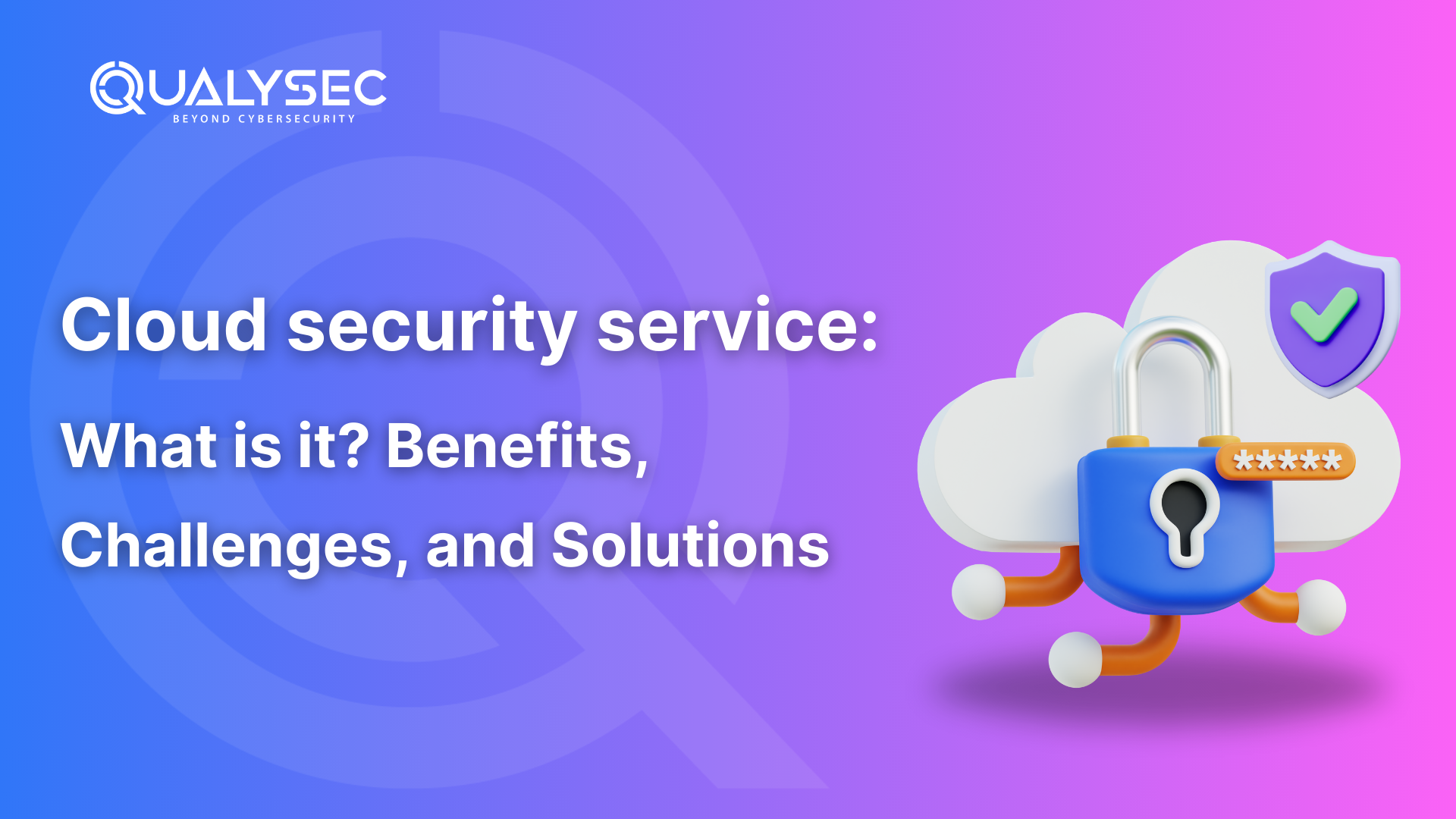


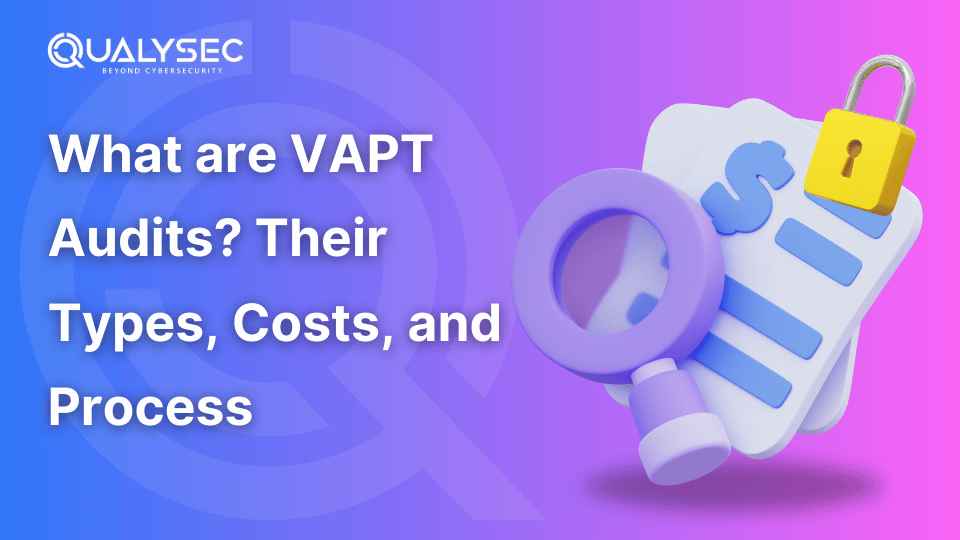








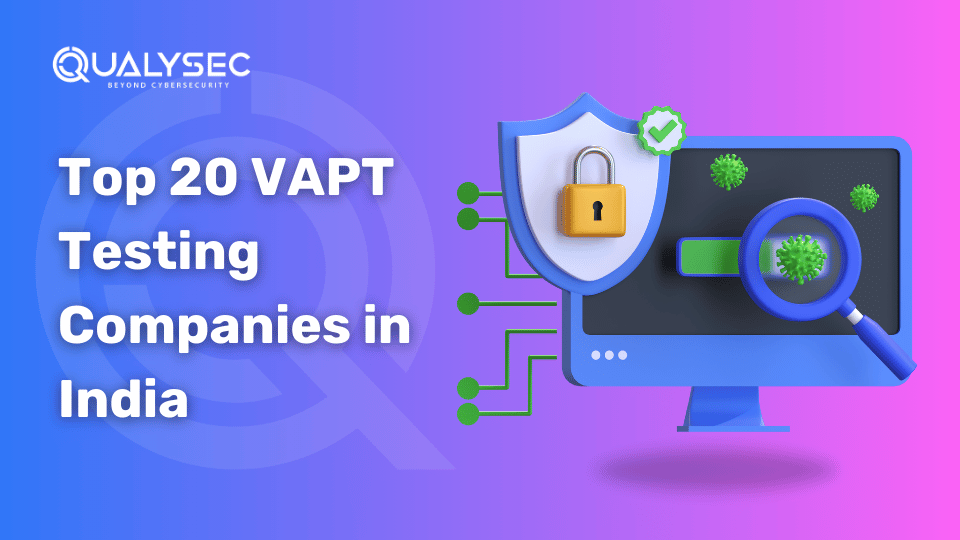


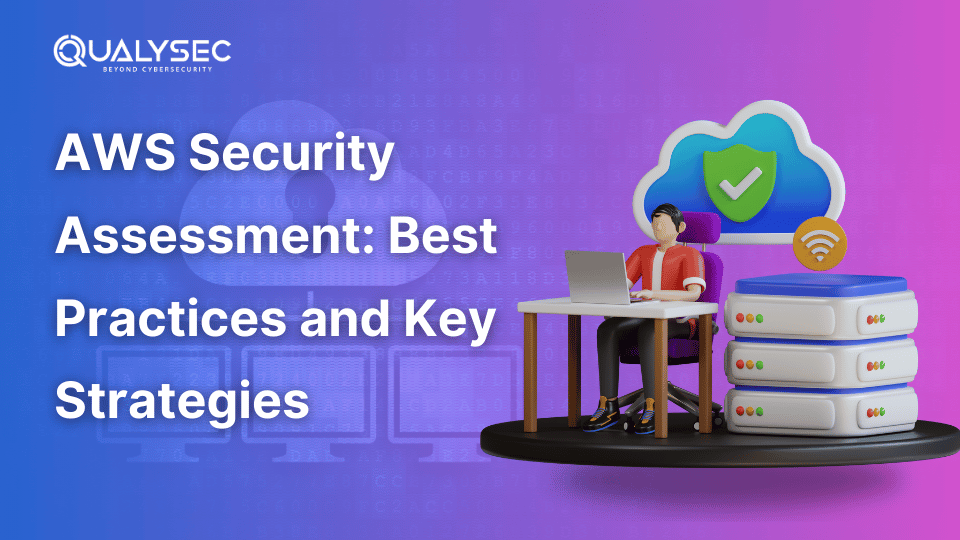




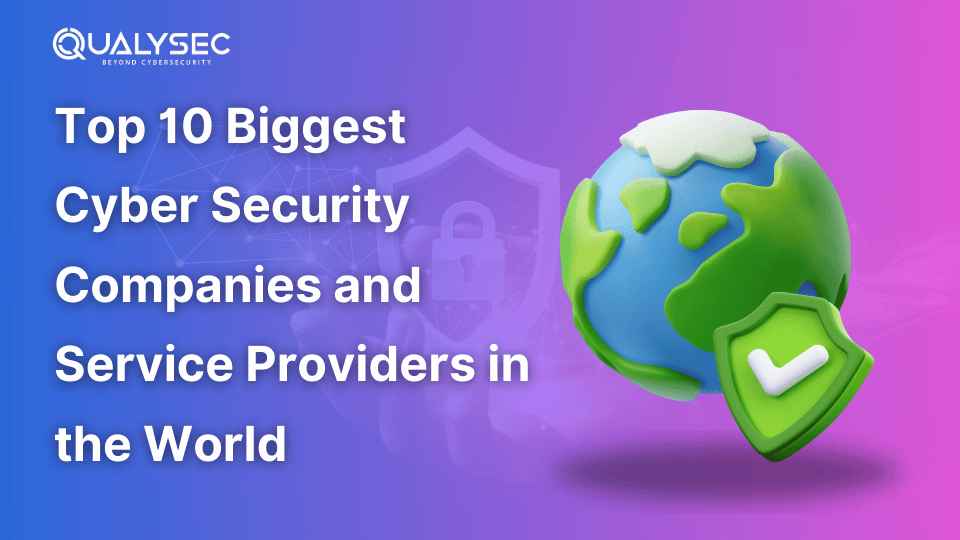















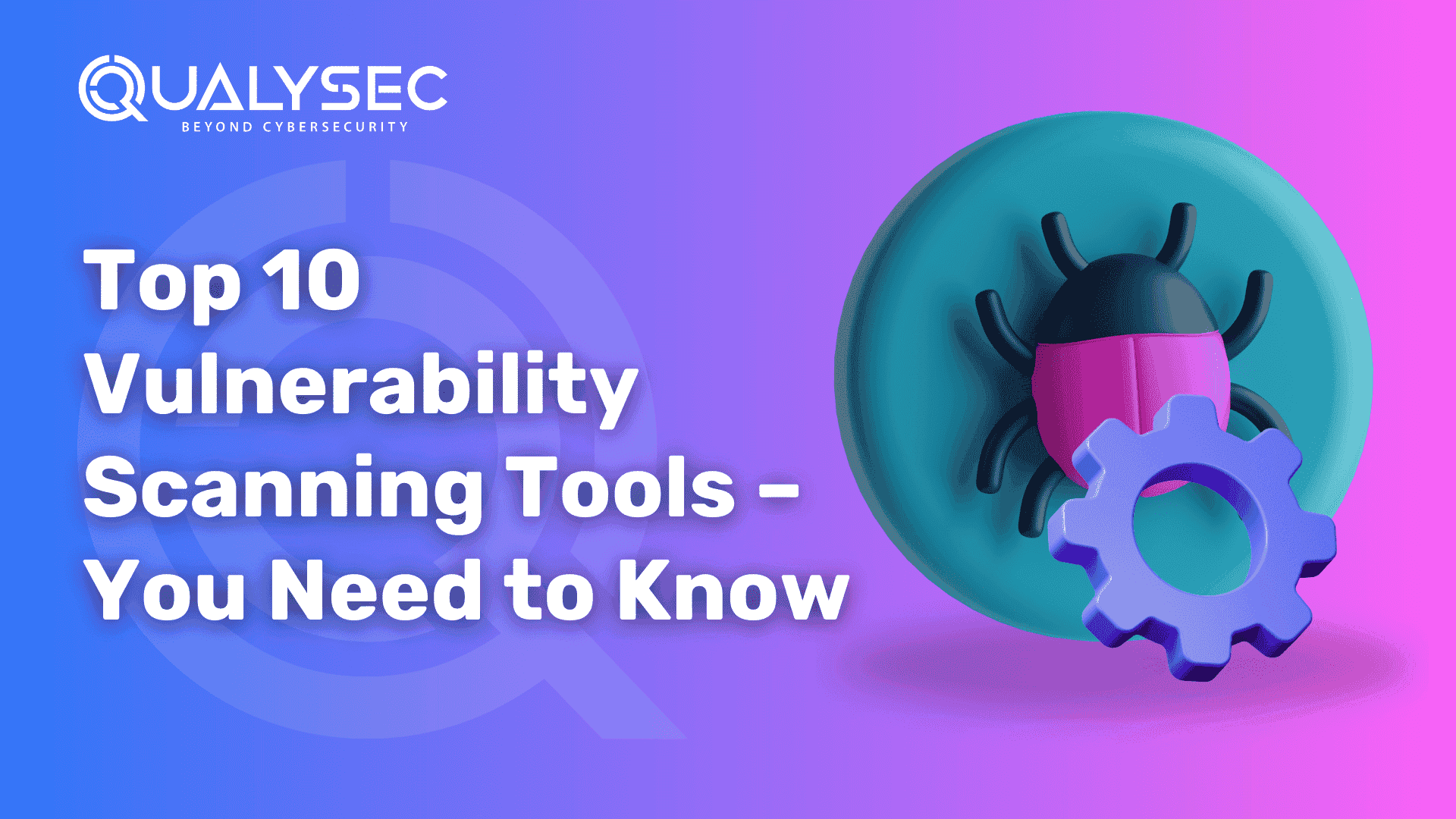


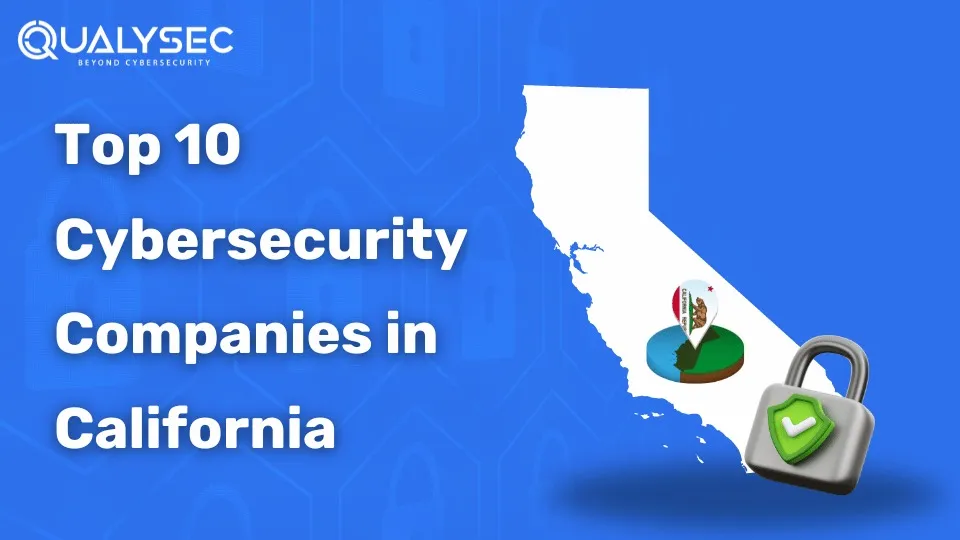
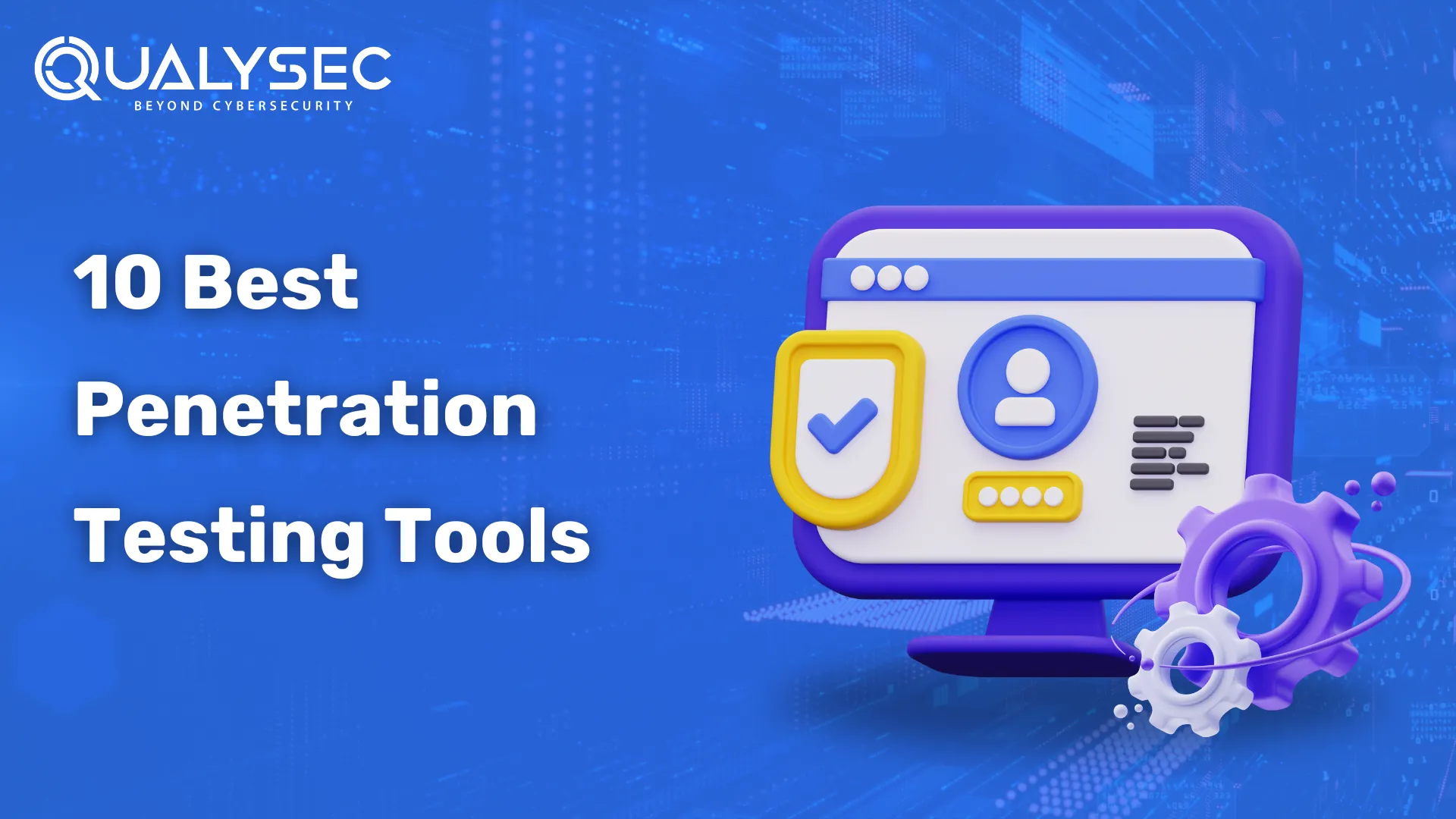









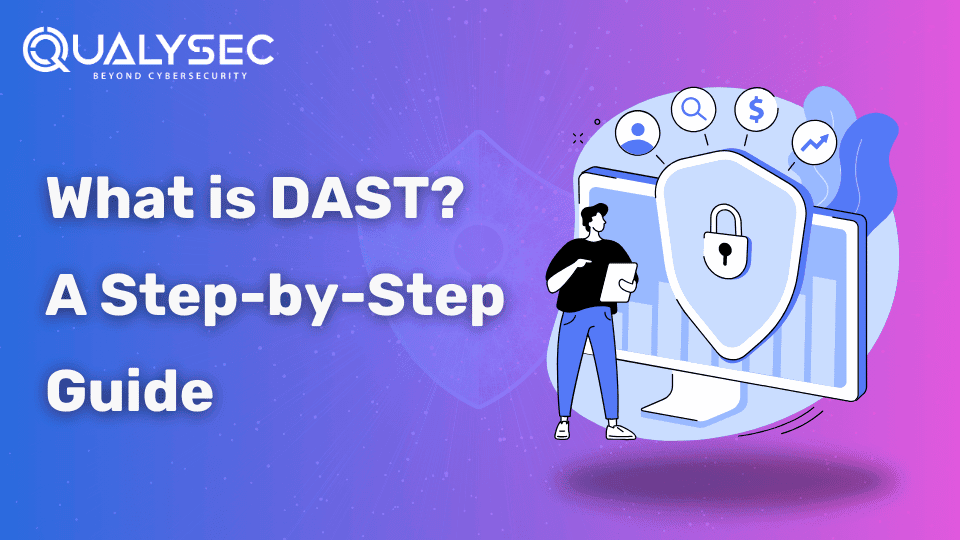


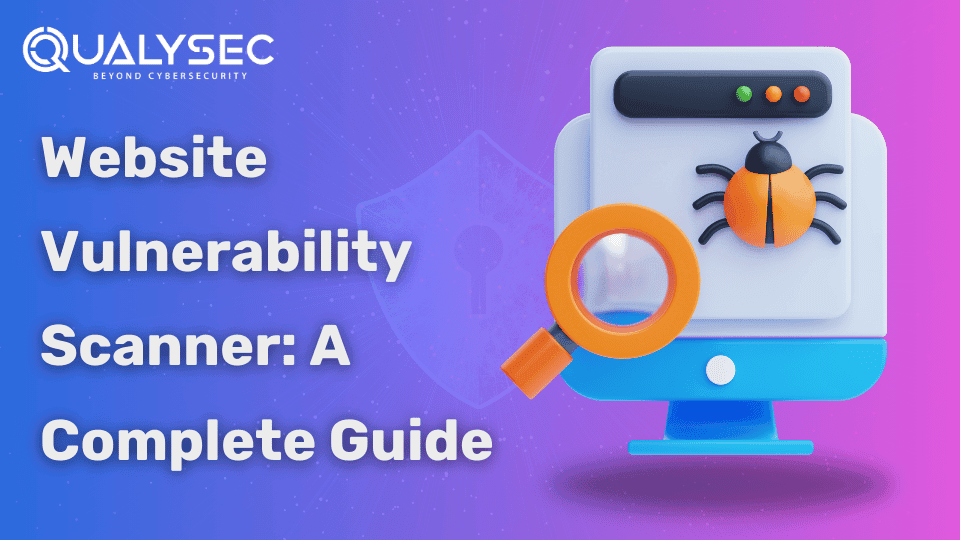

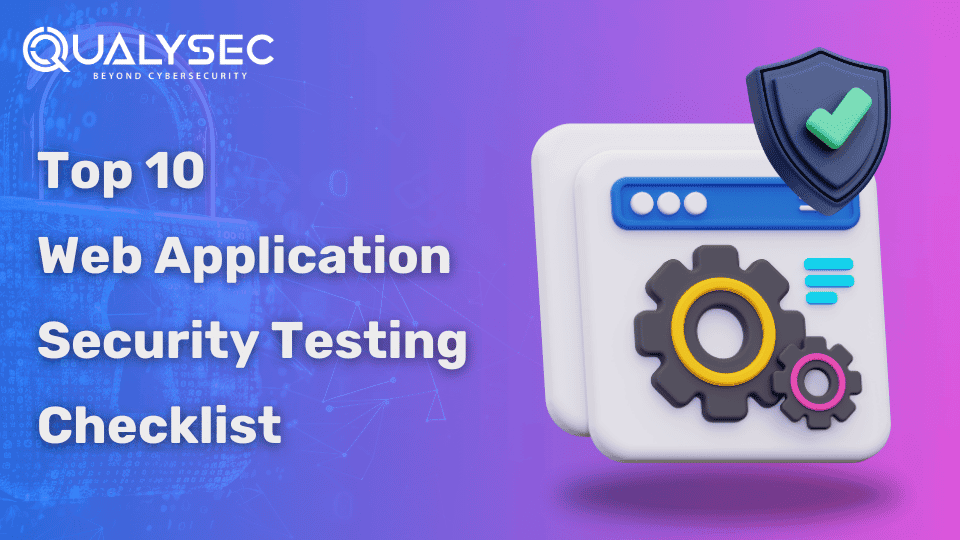

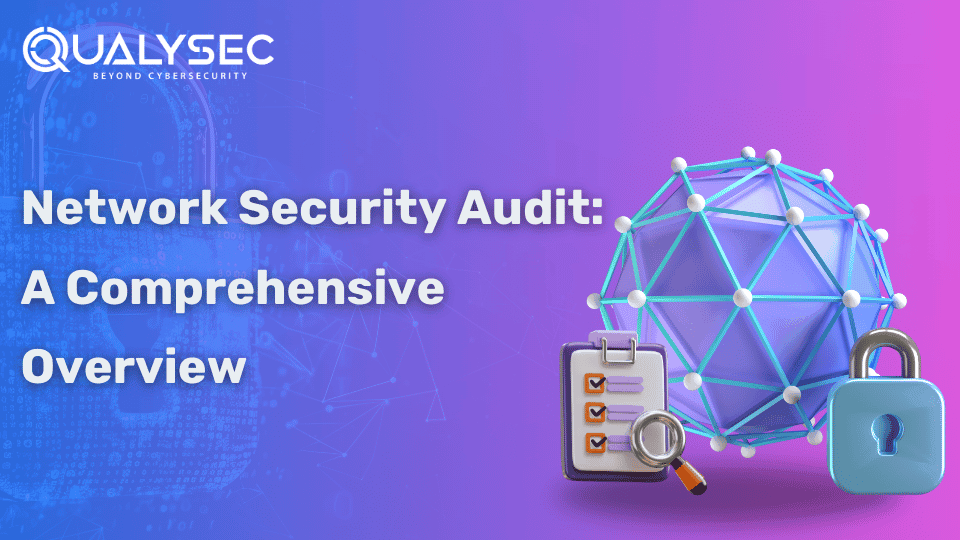











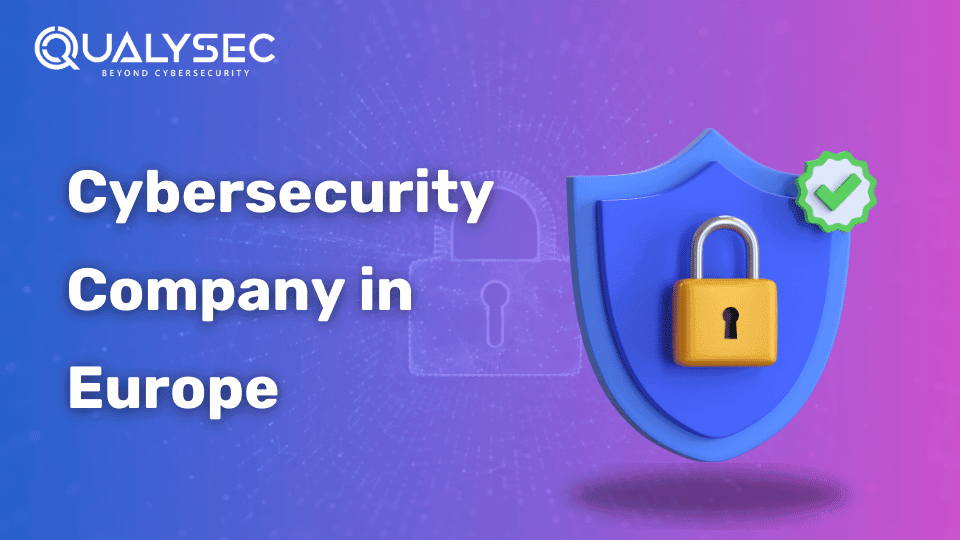
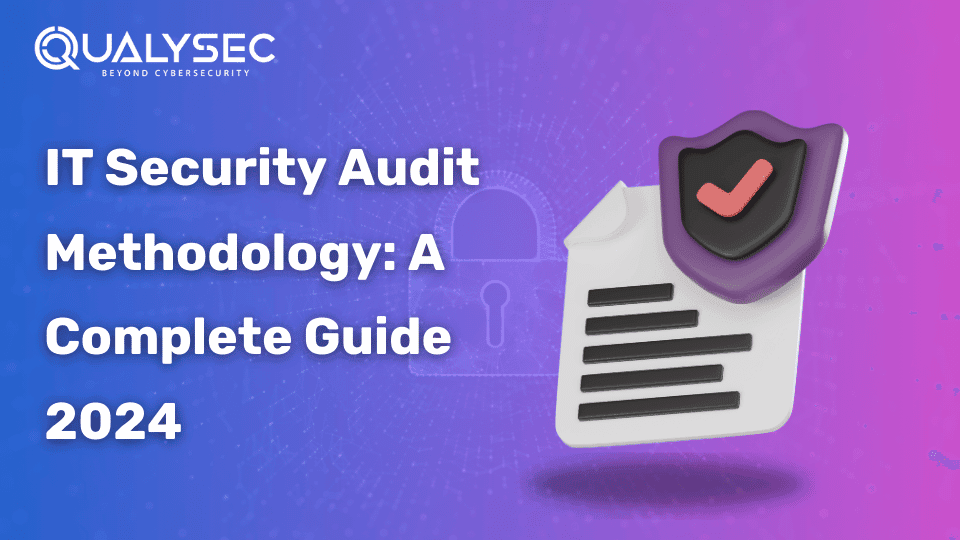

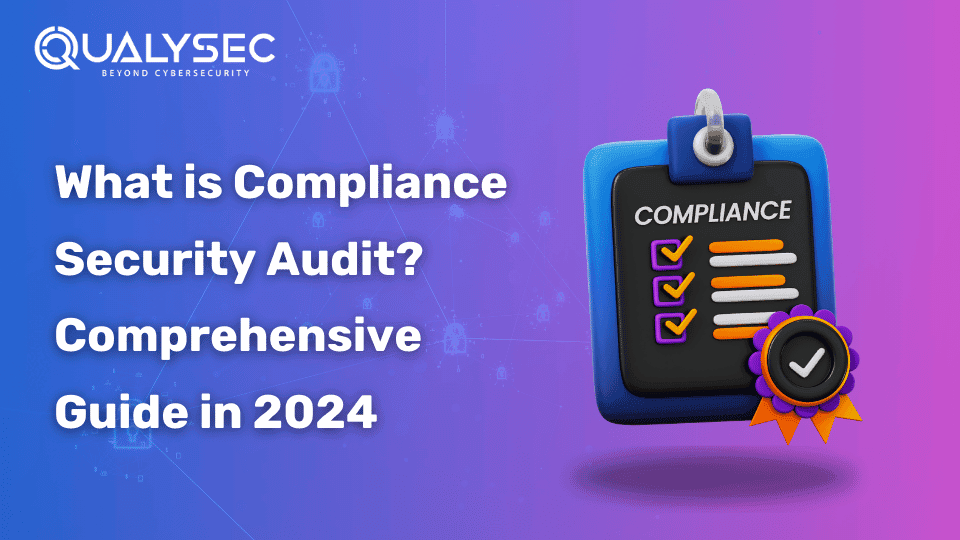


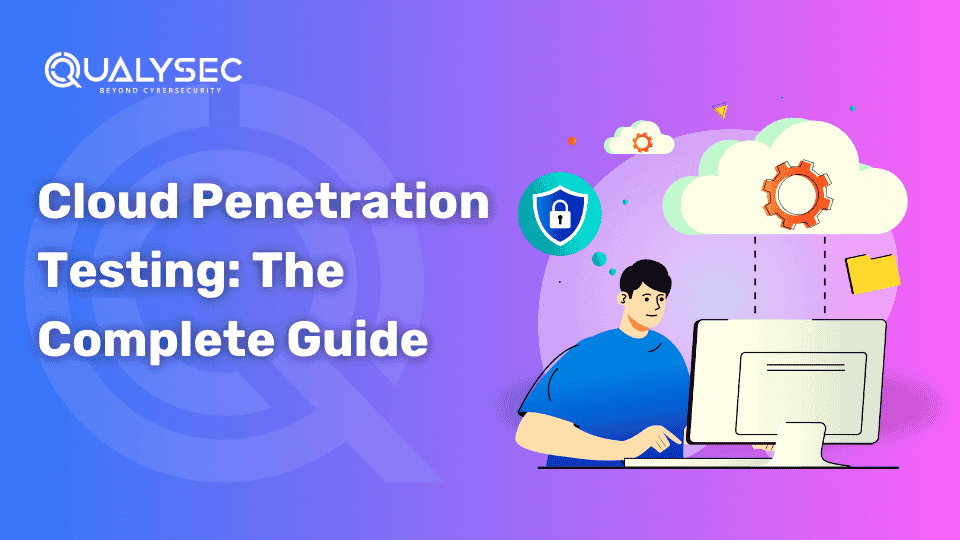


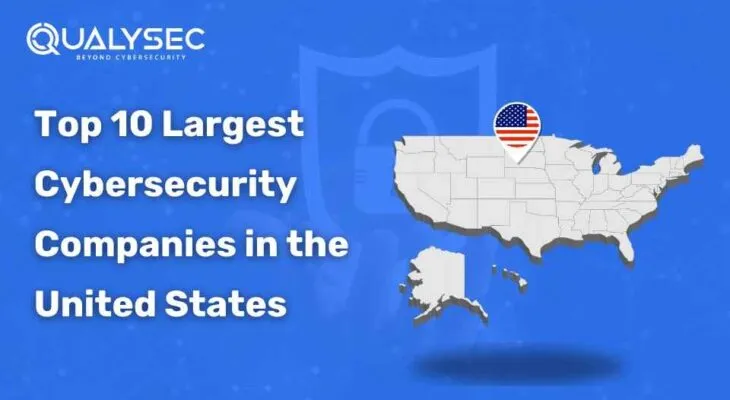


























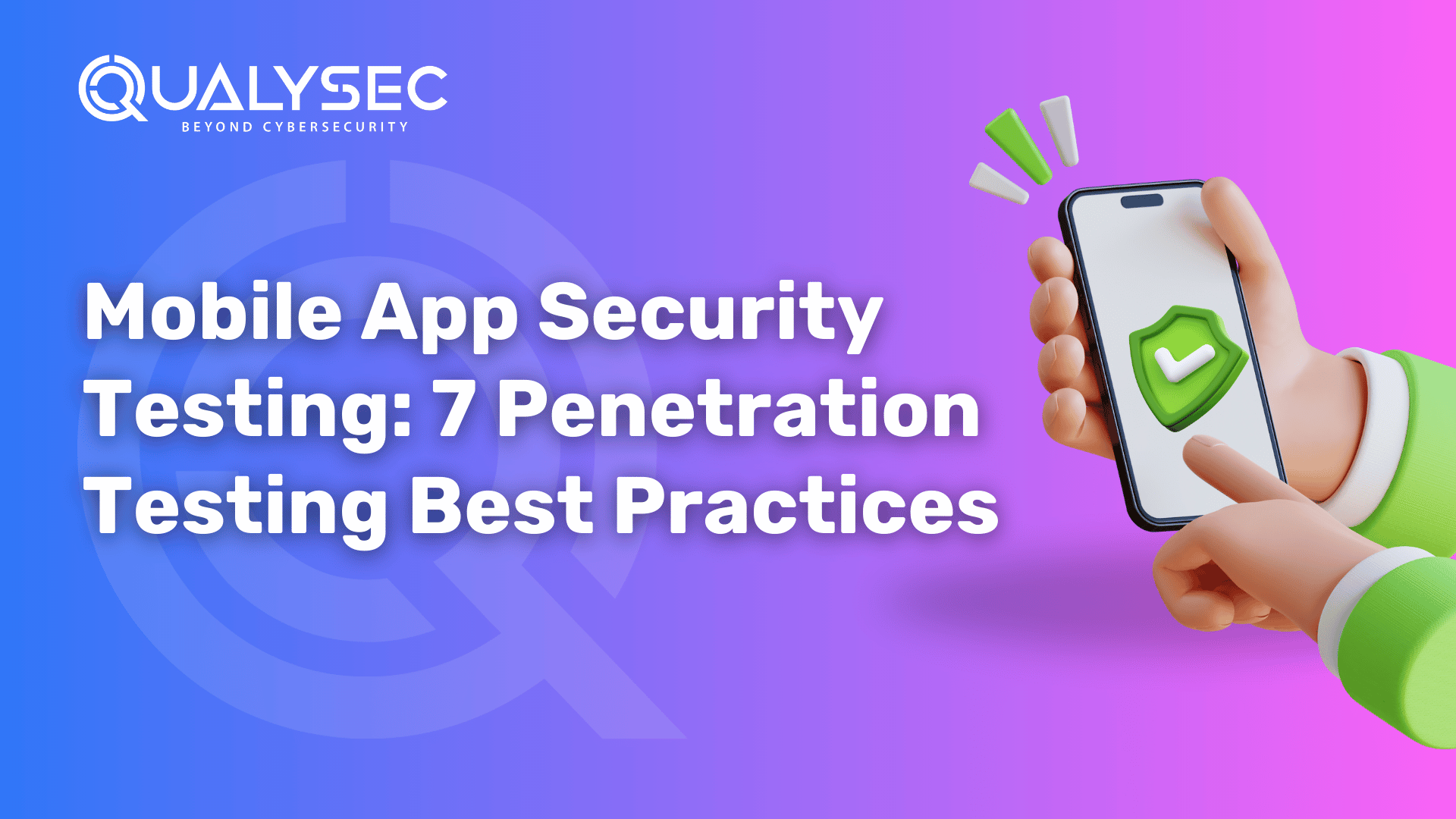














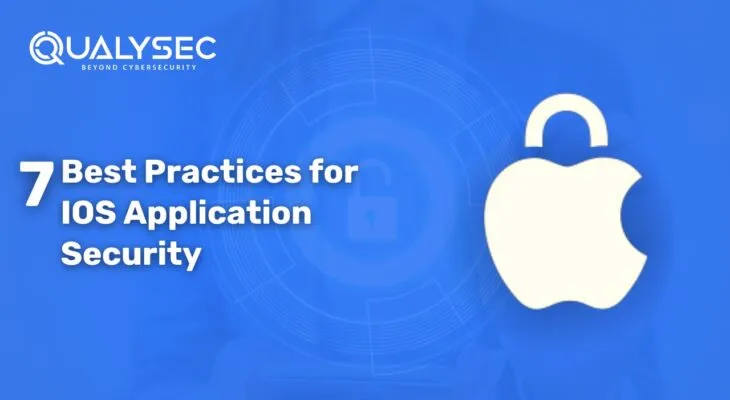


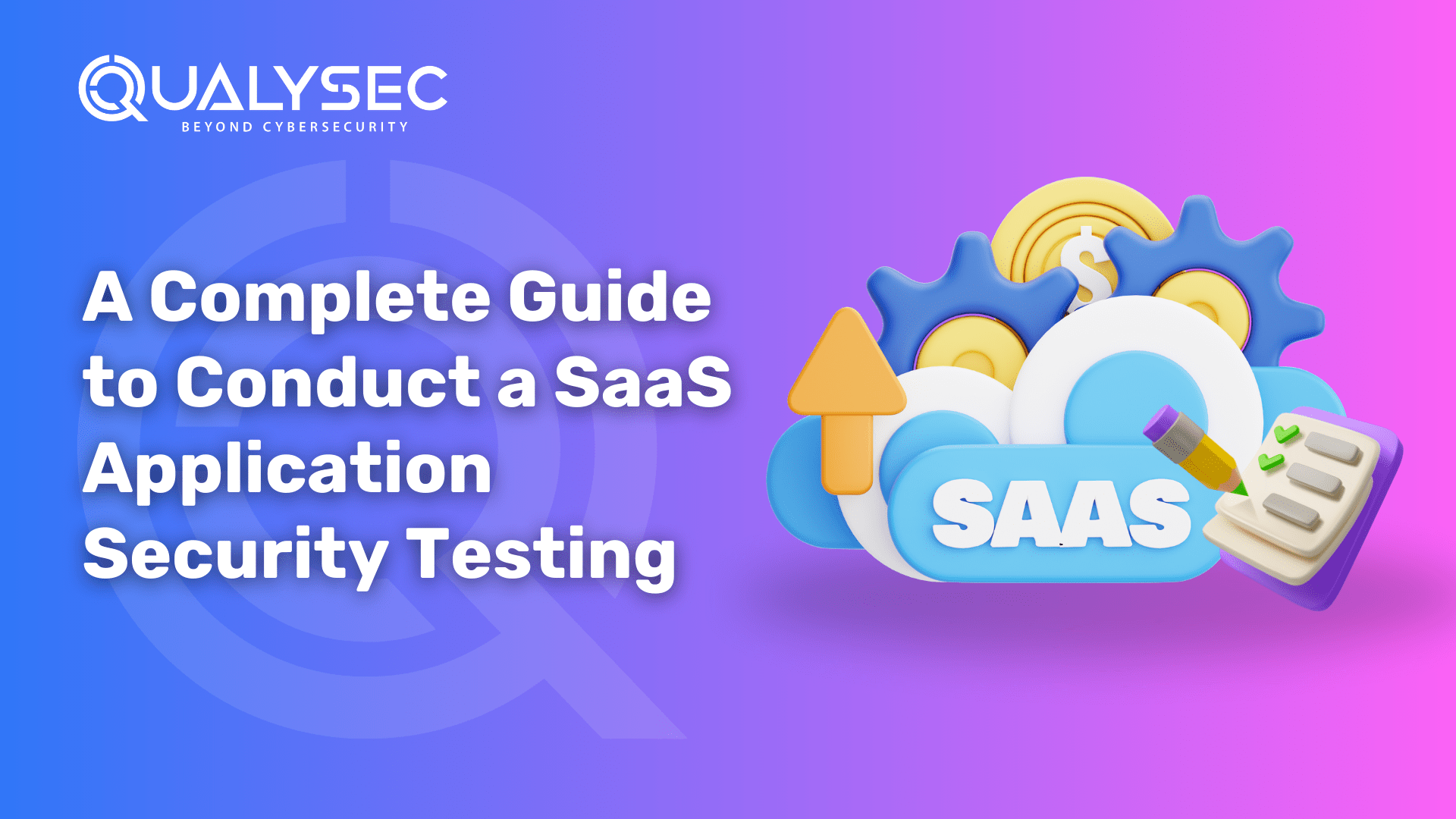





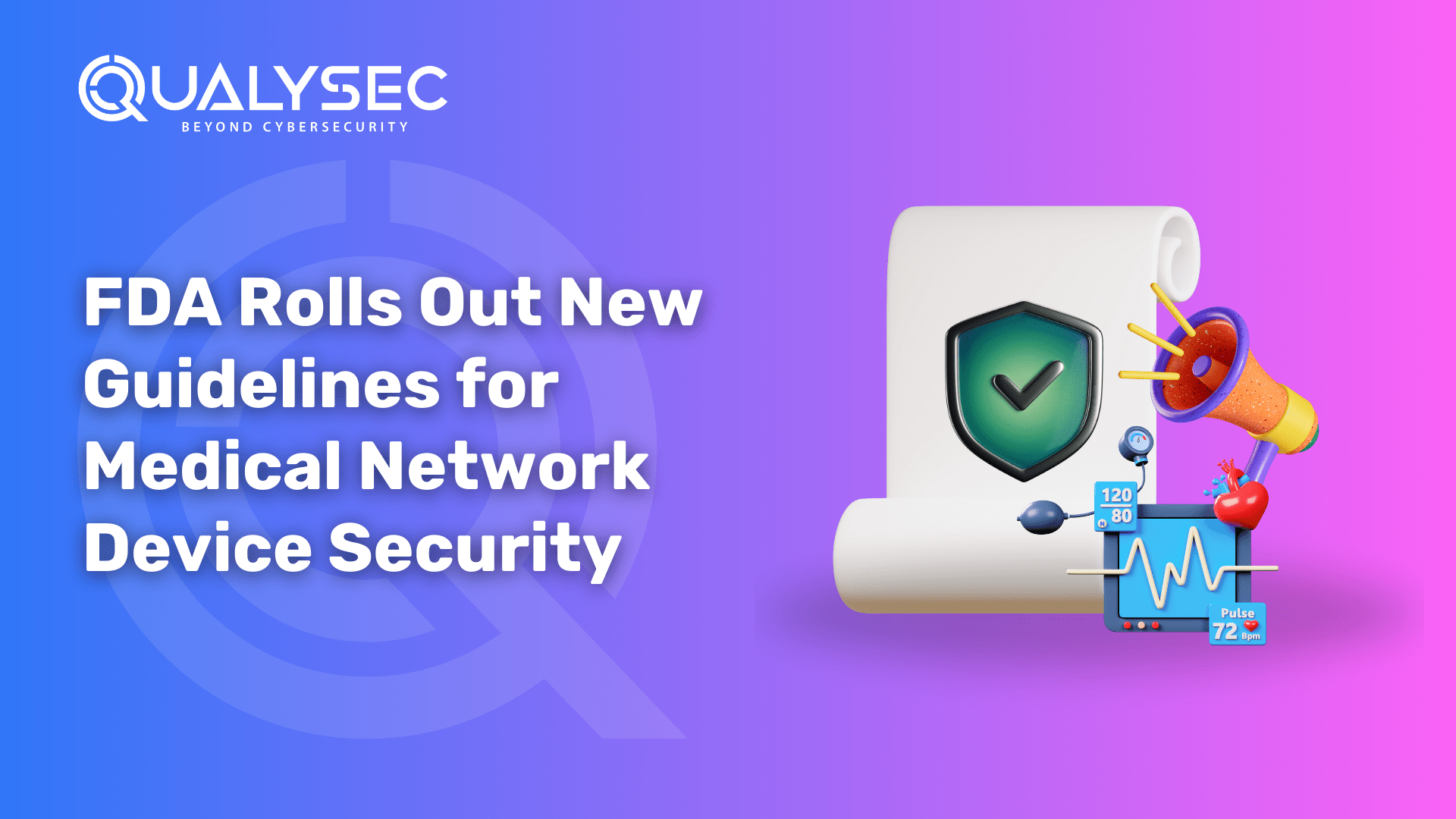
















































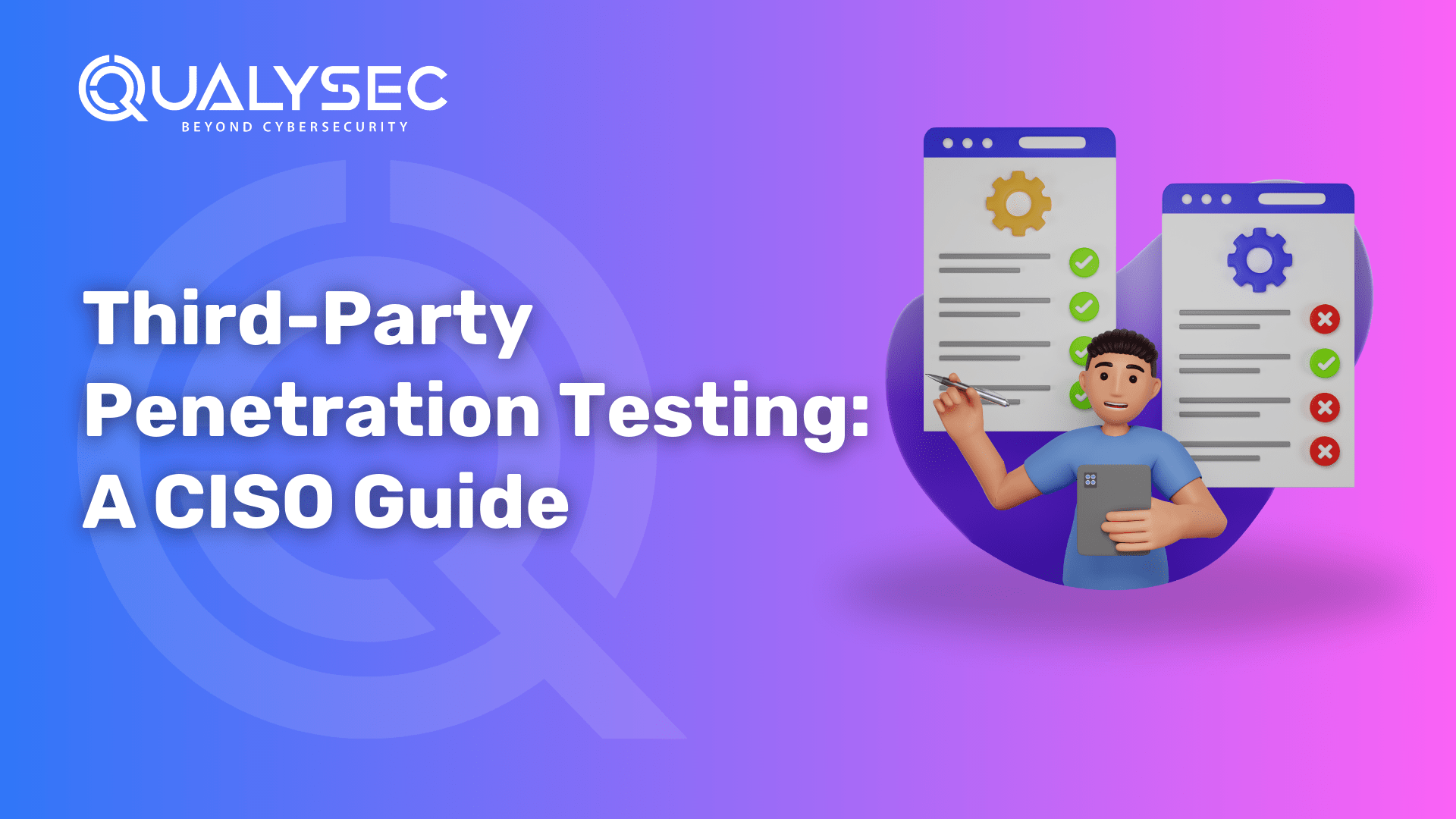




































































































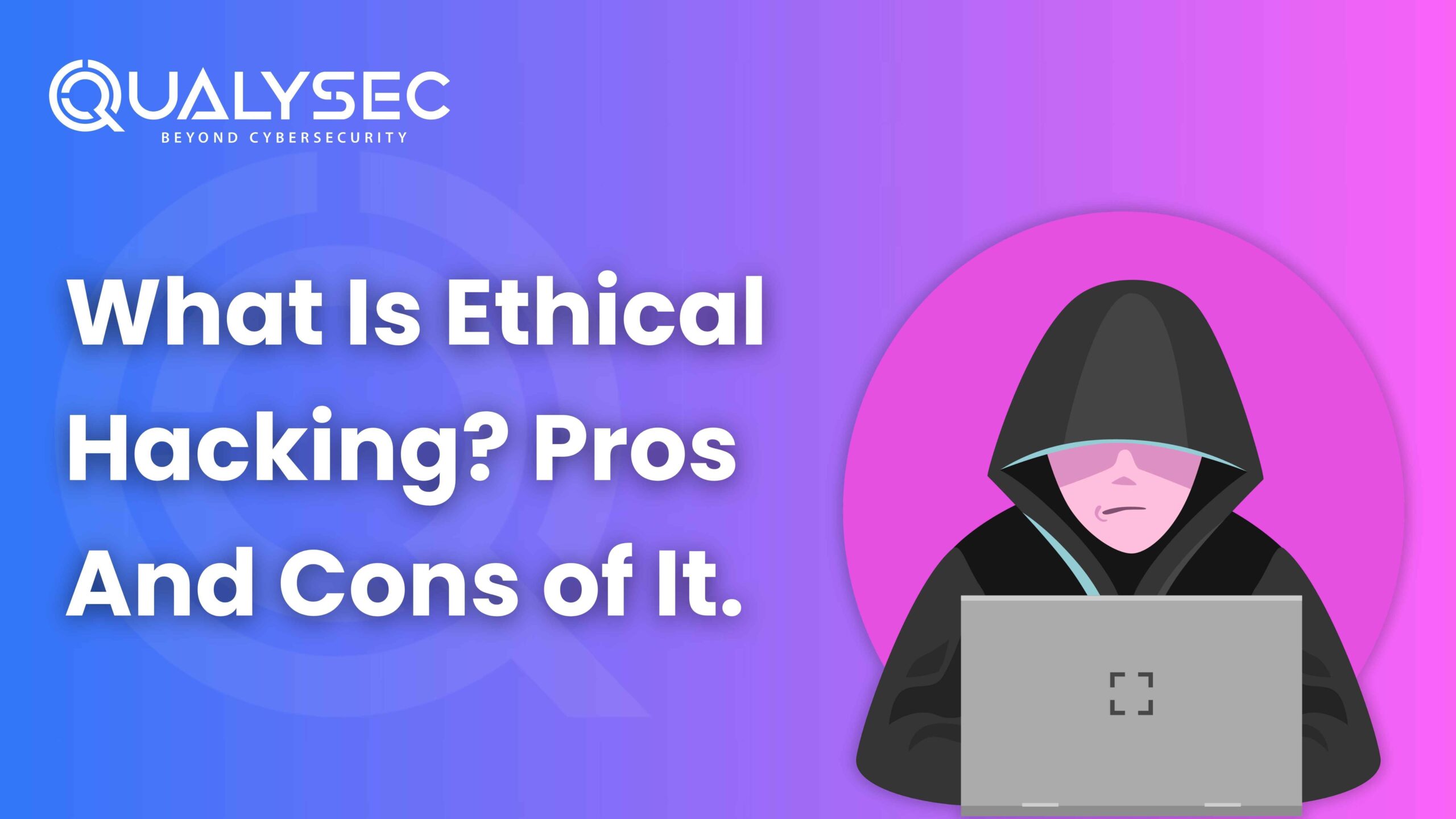







































0 Comments